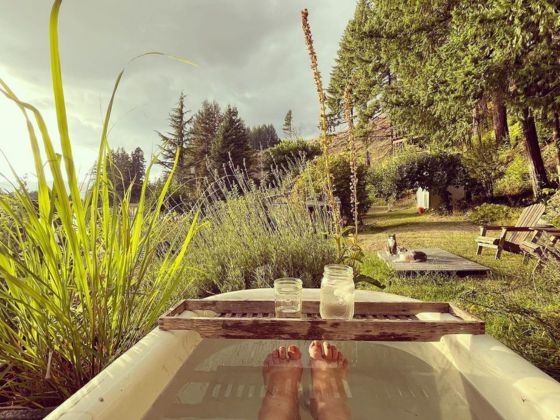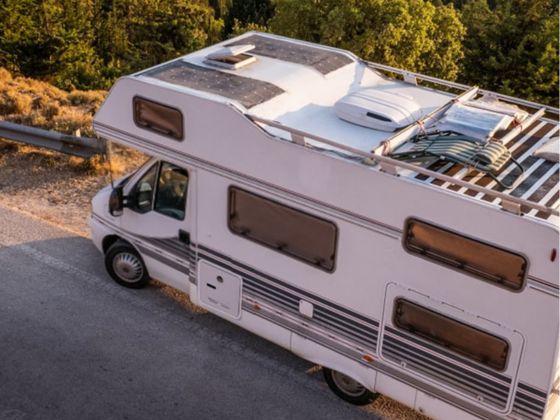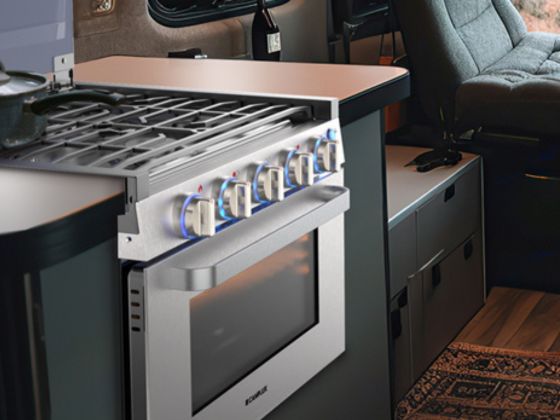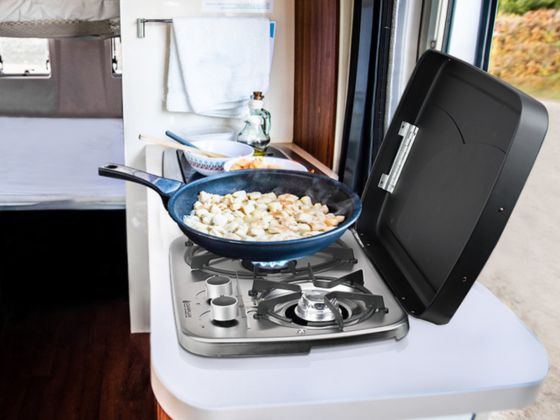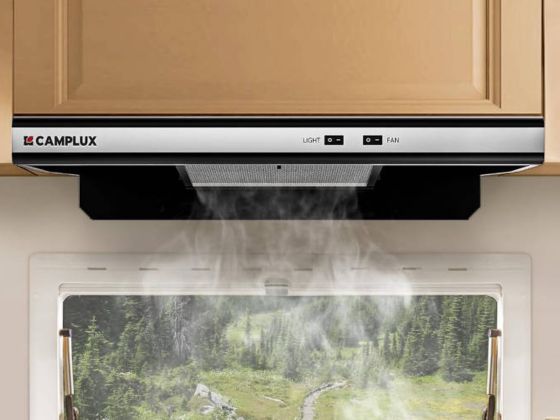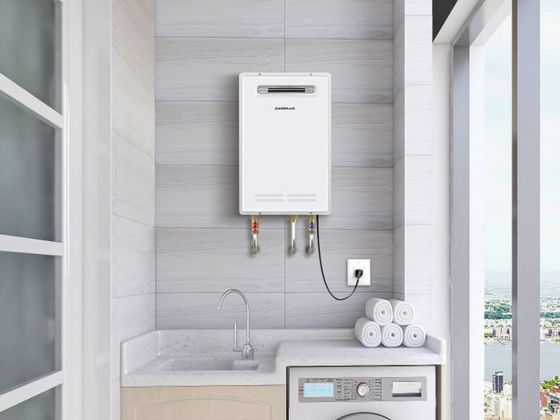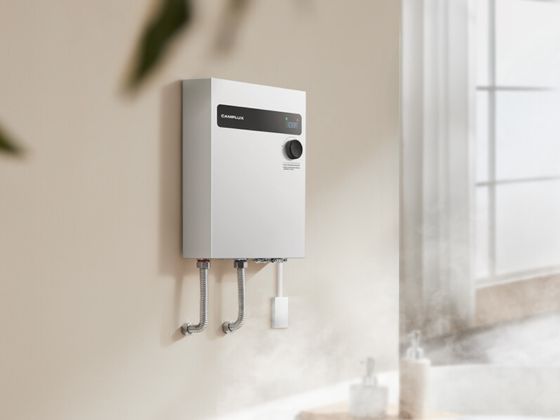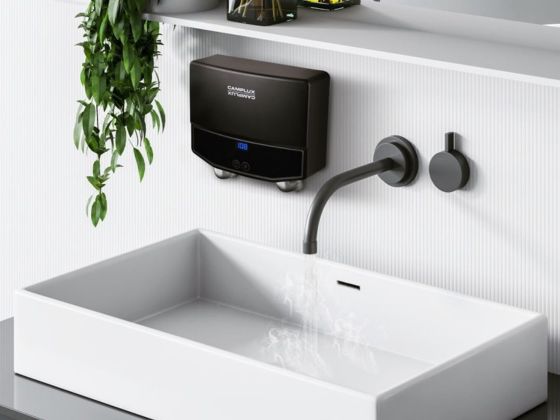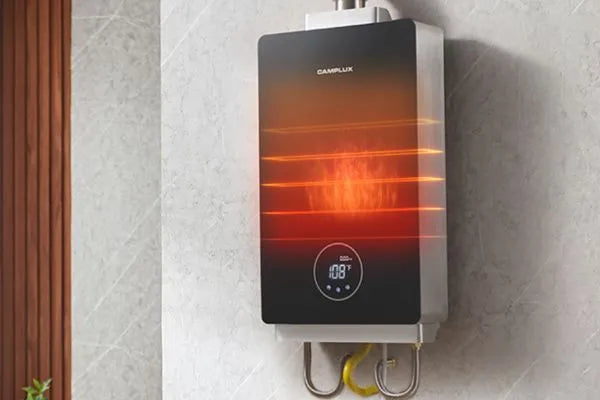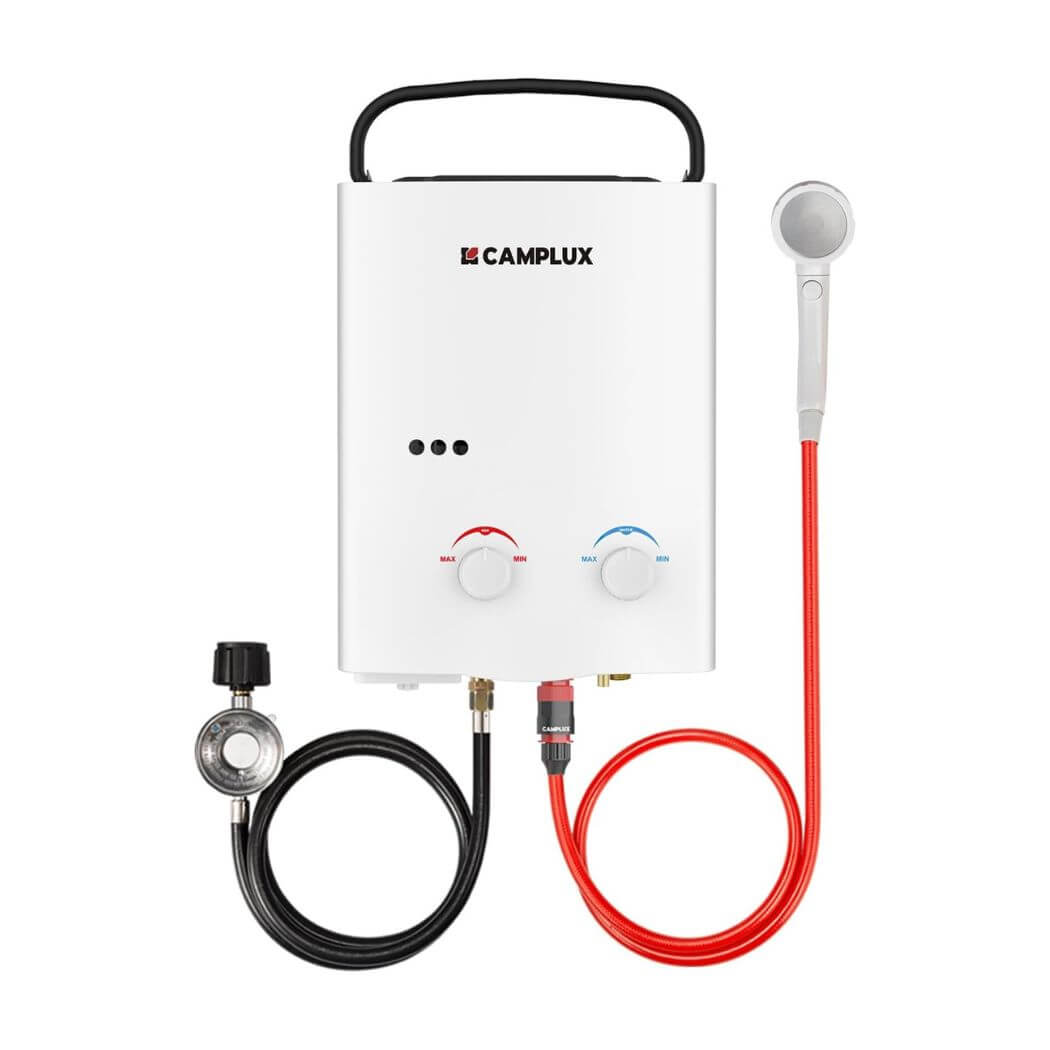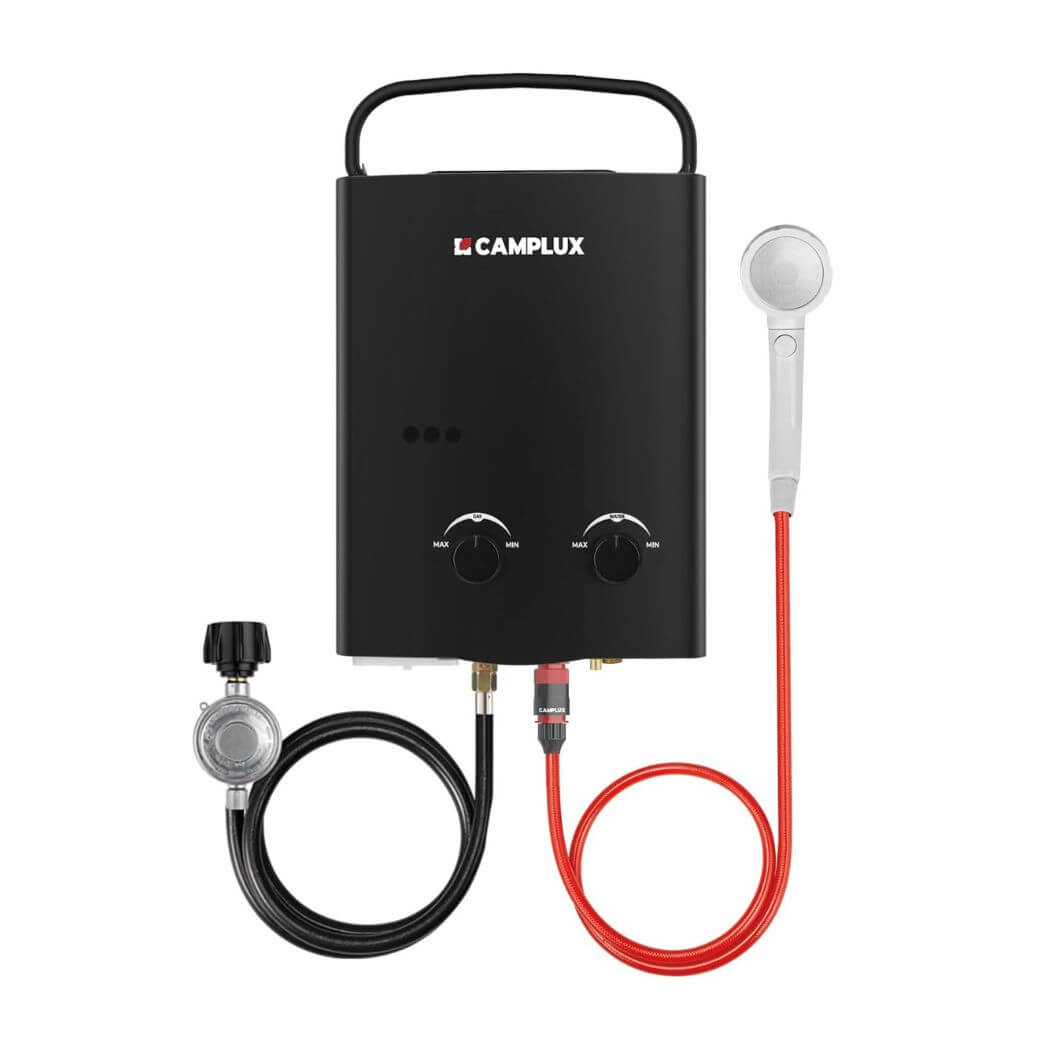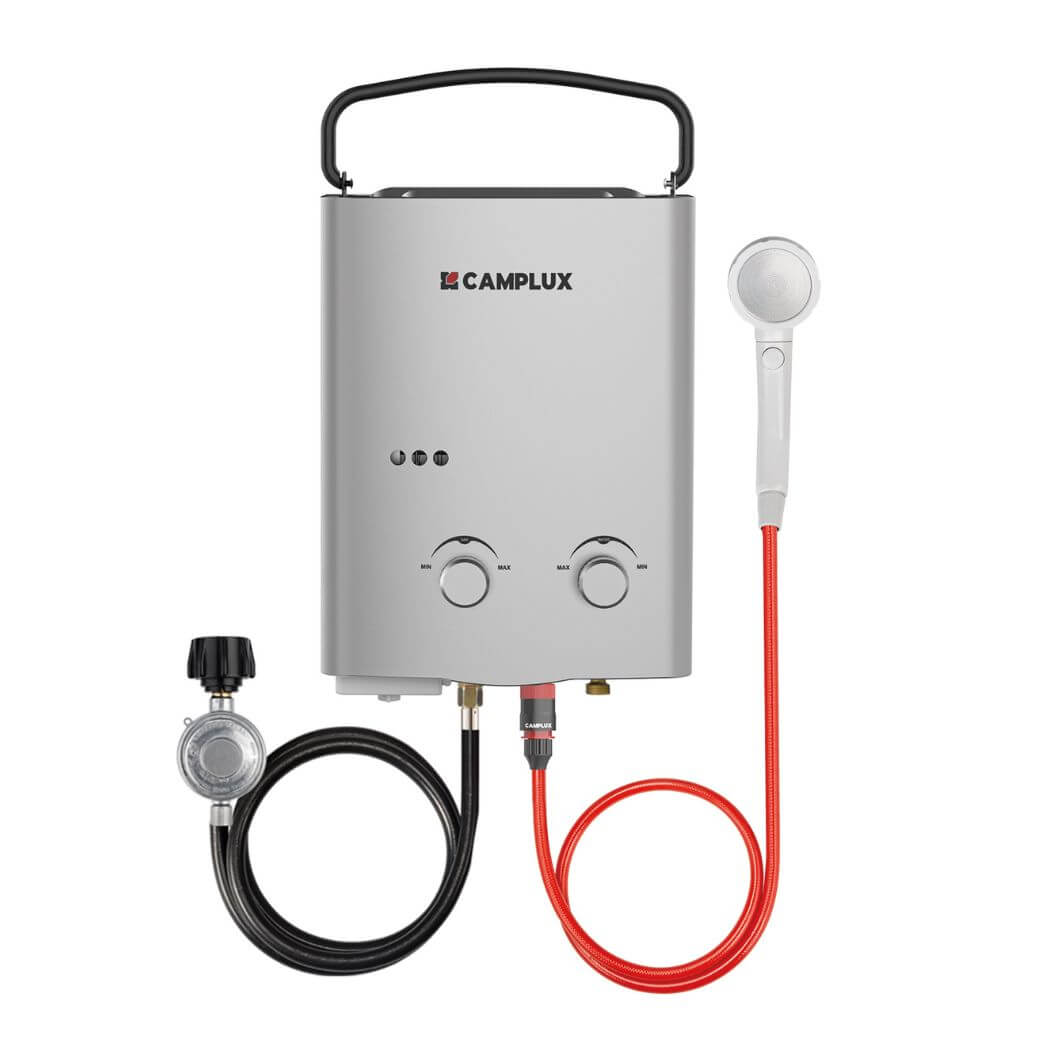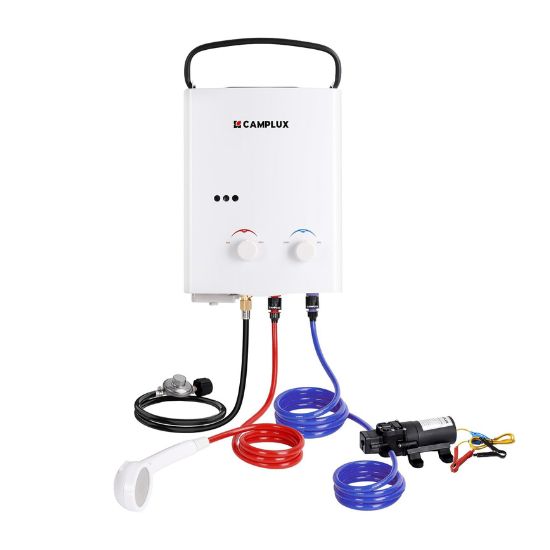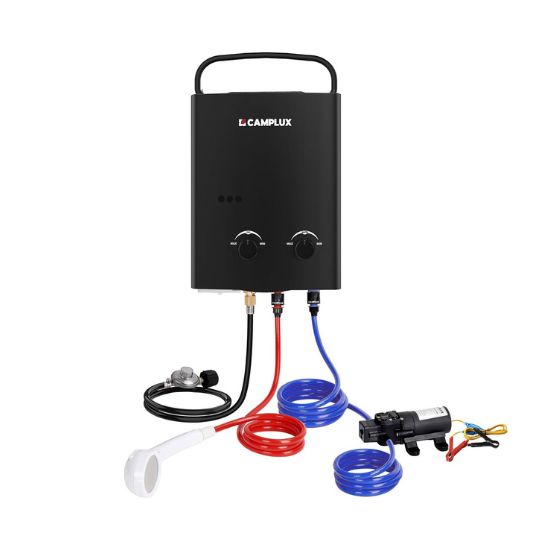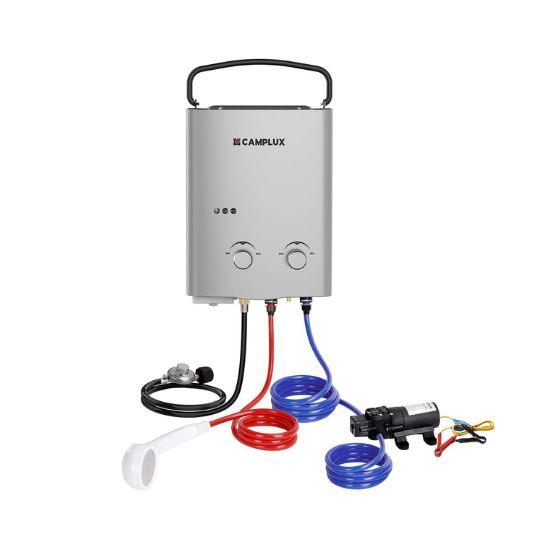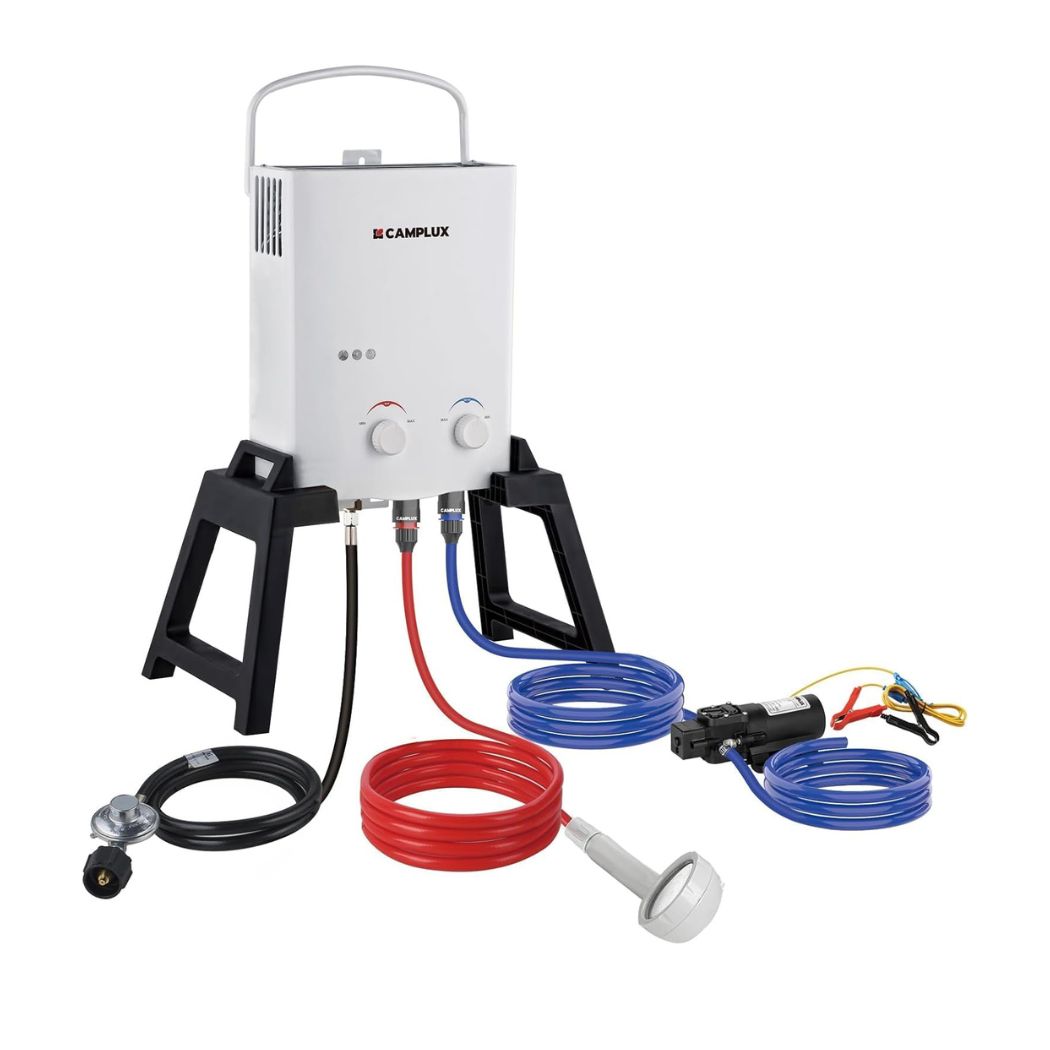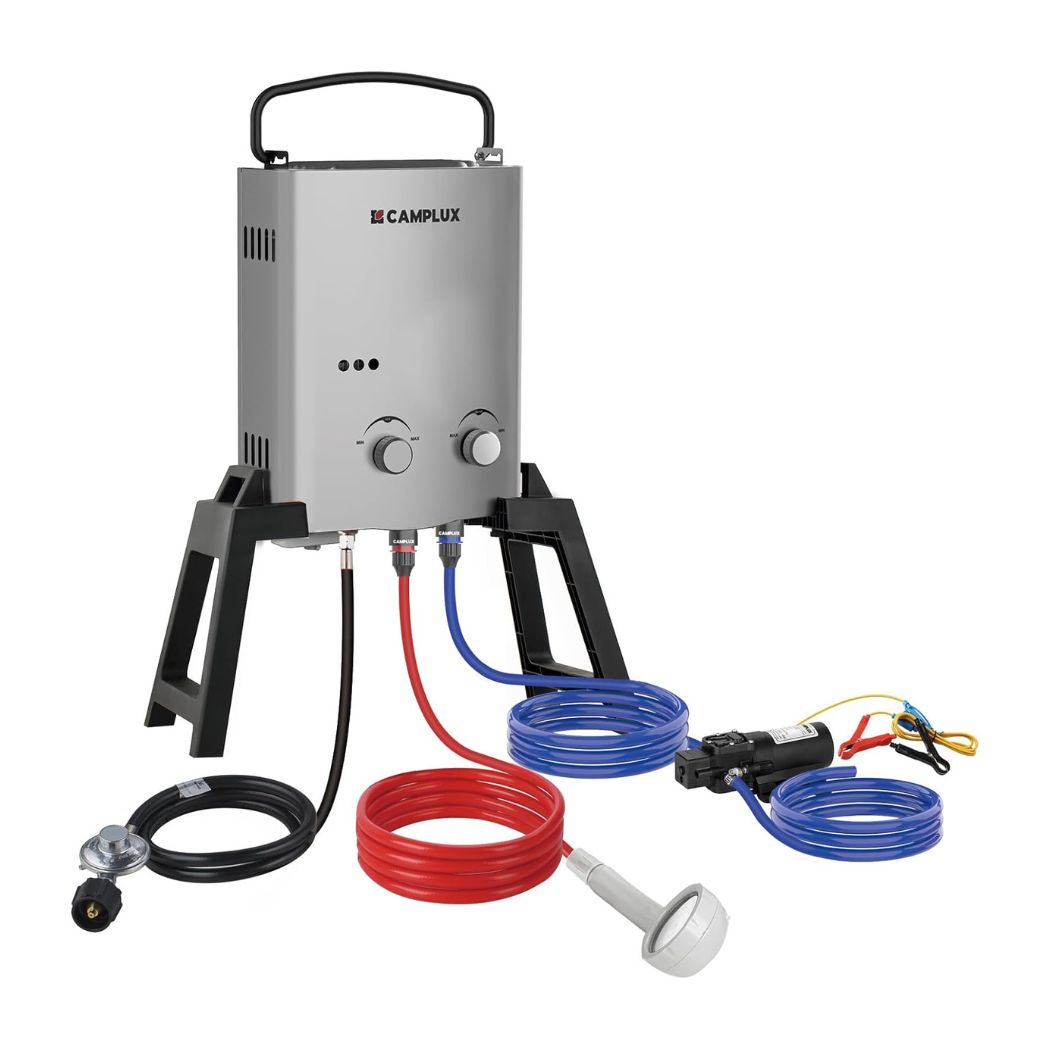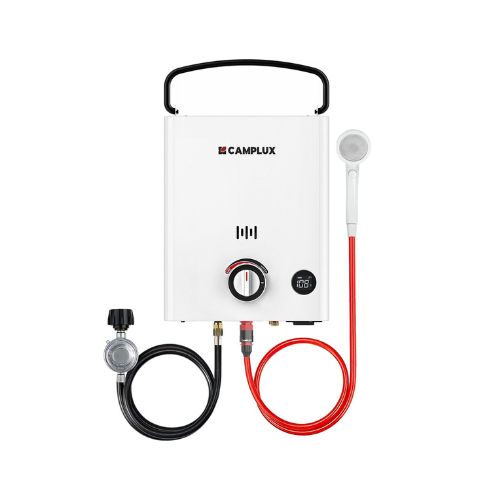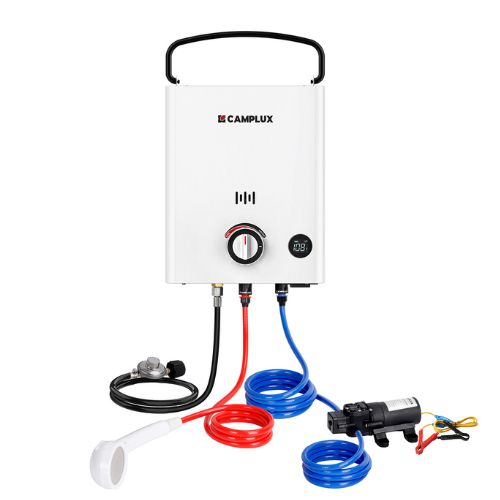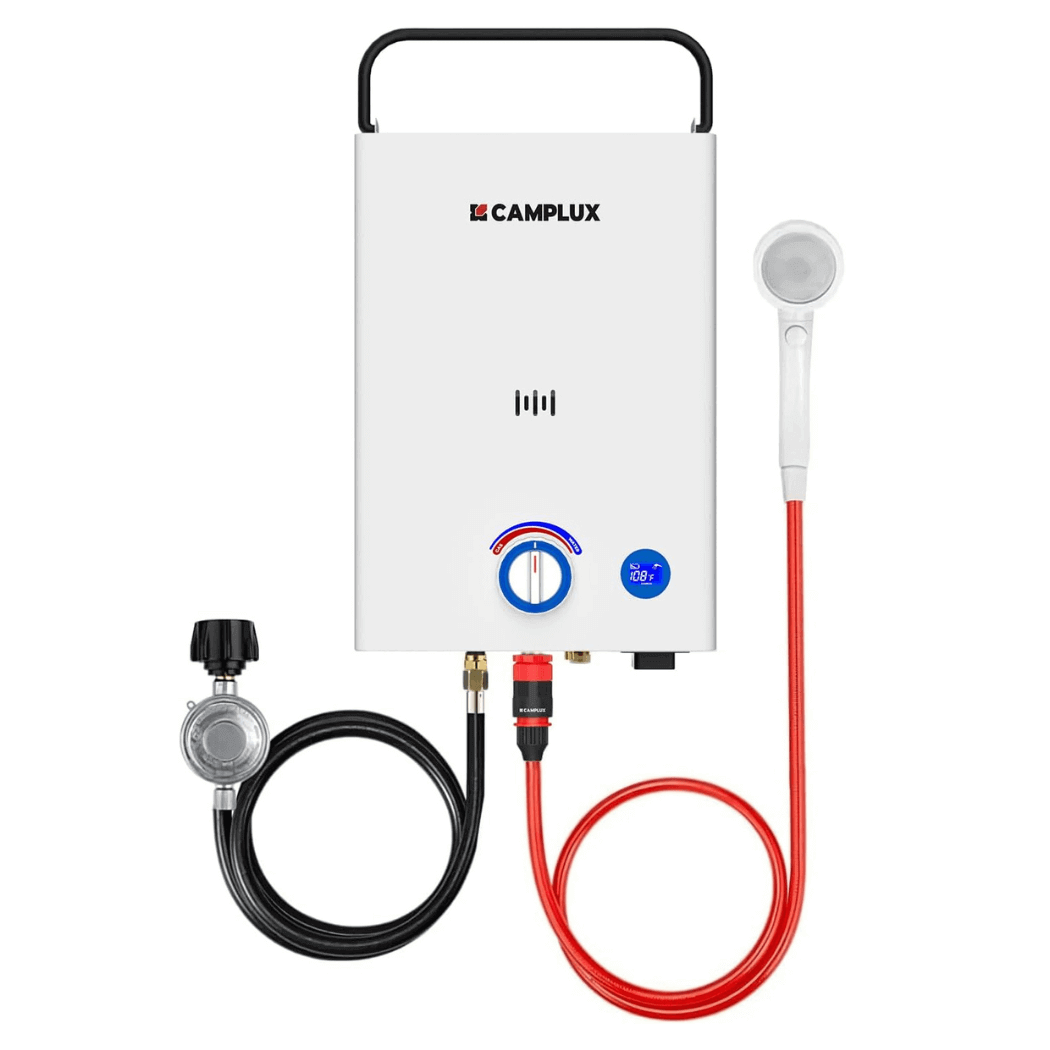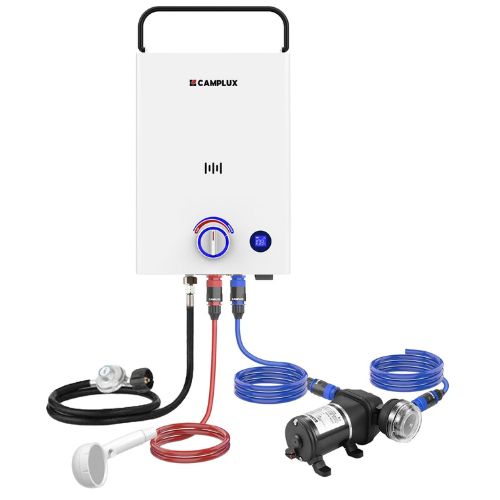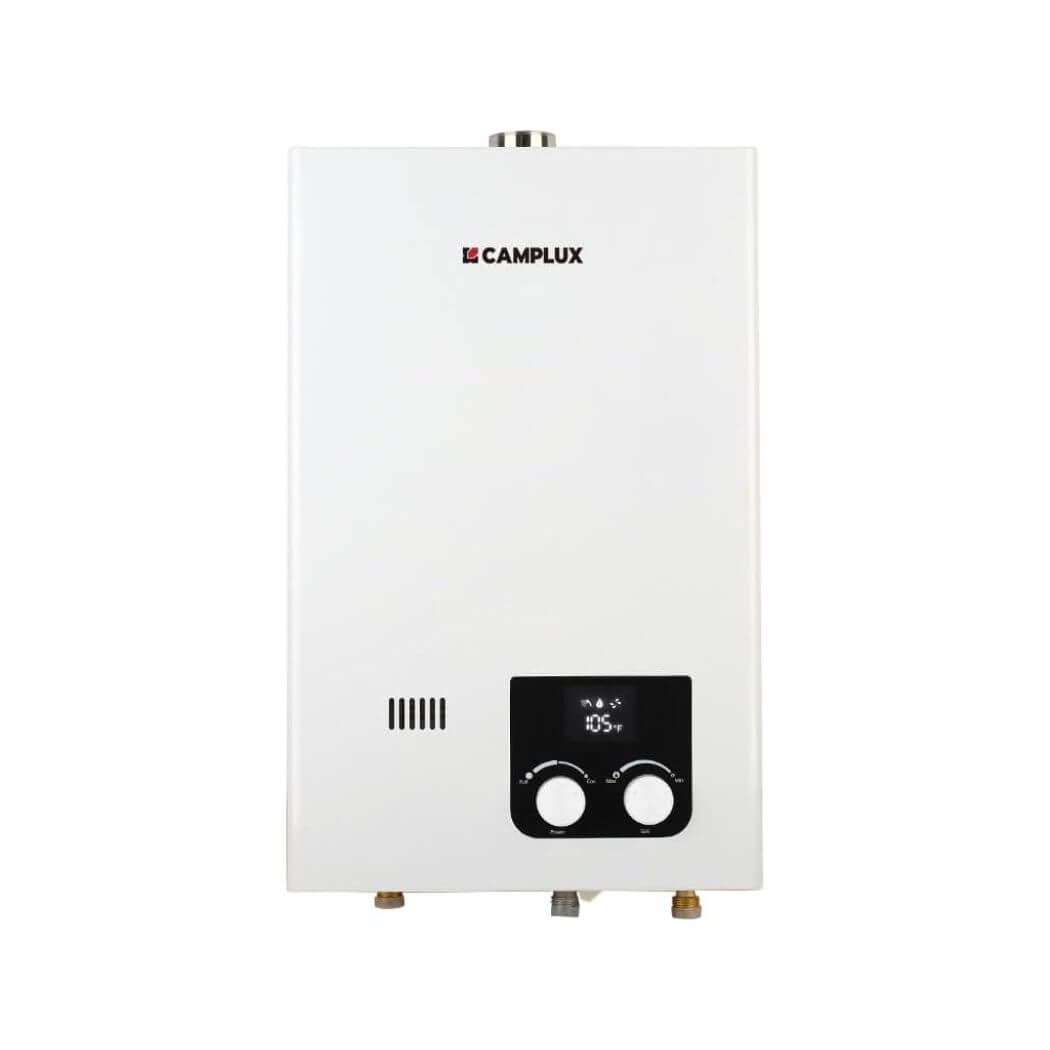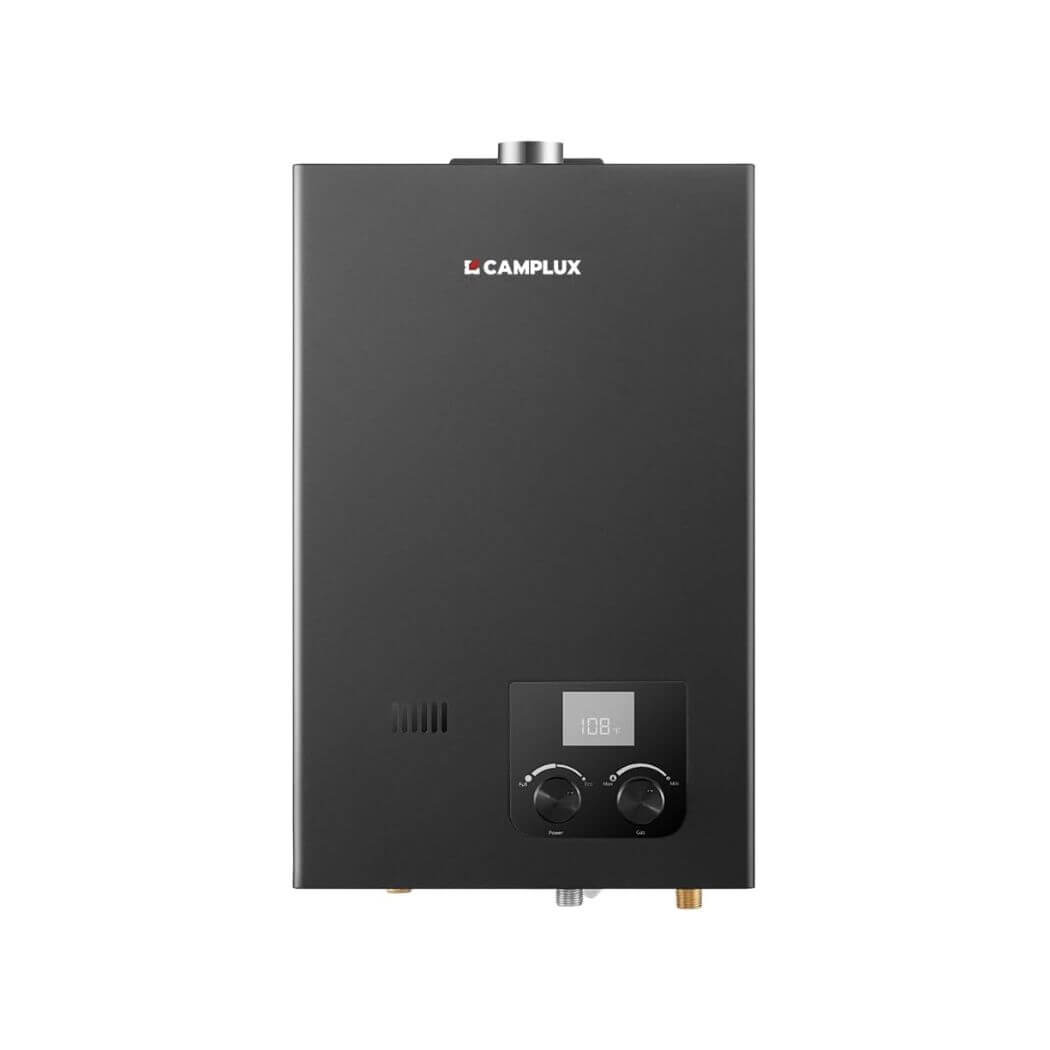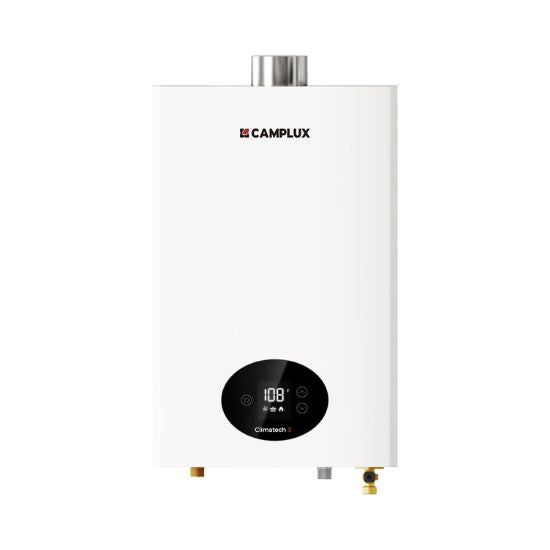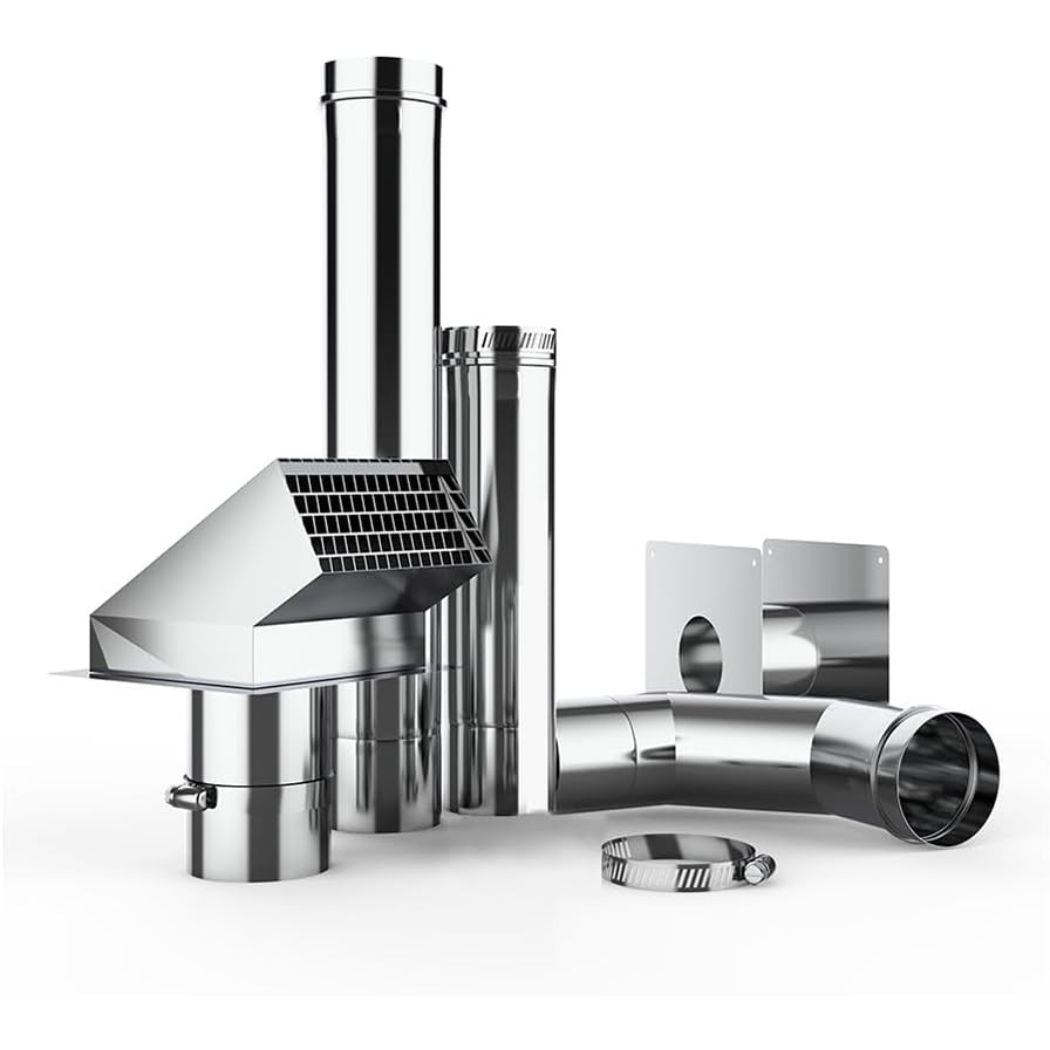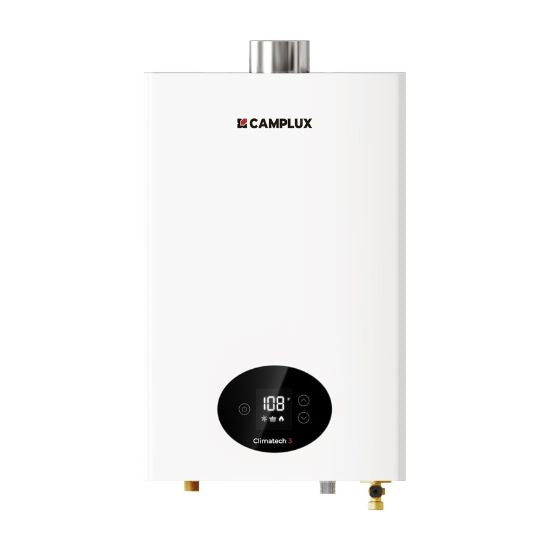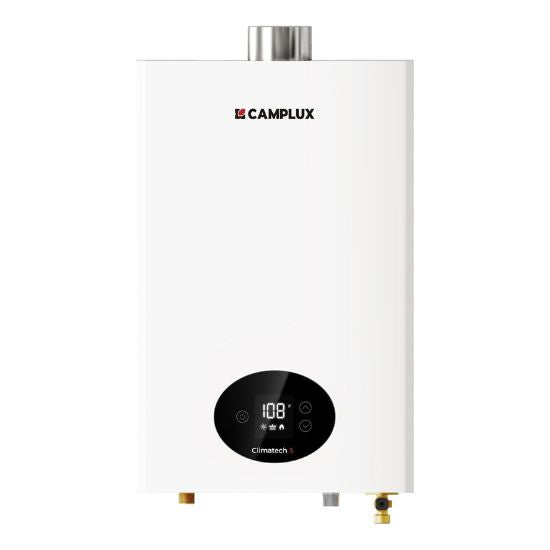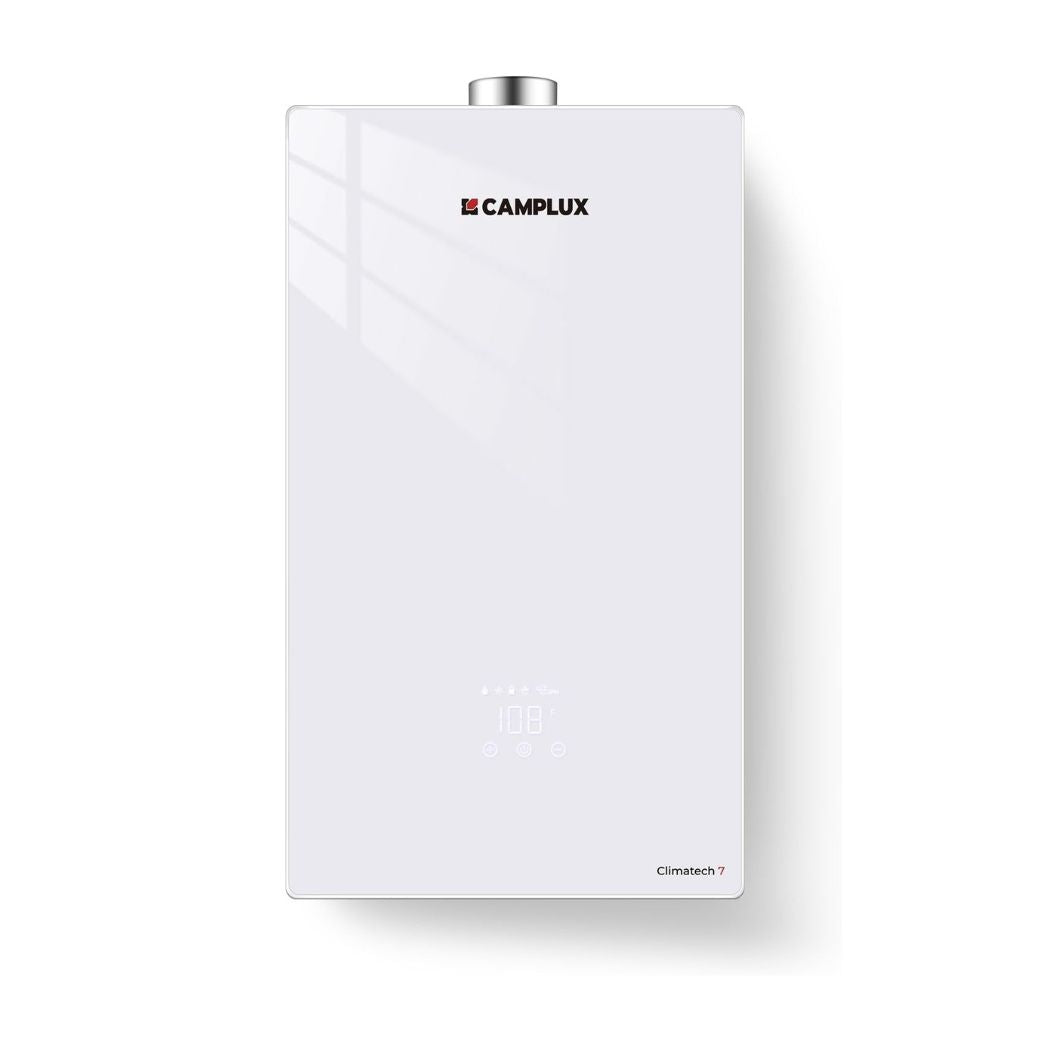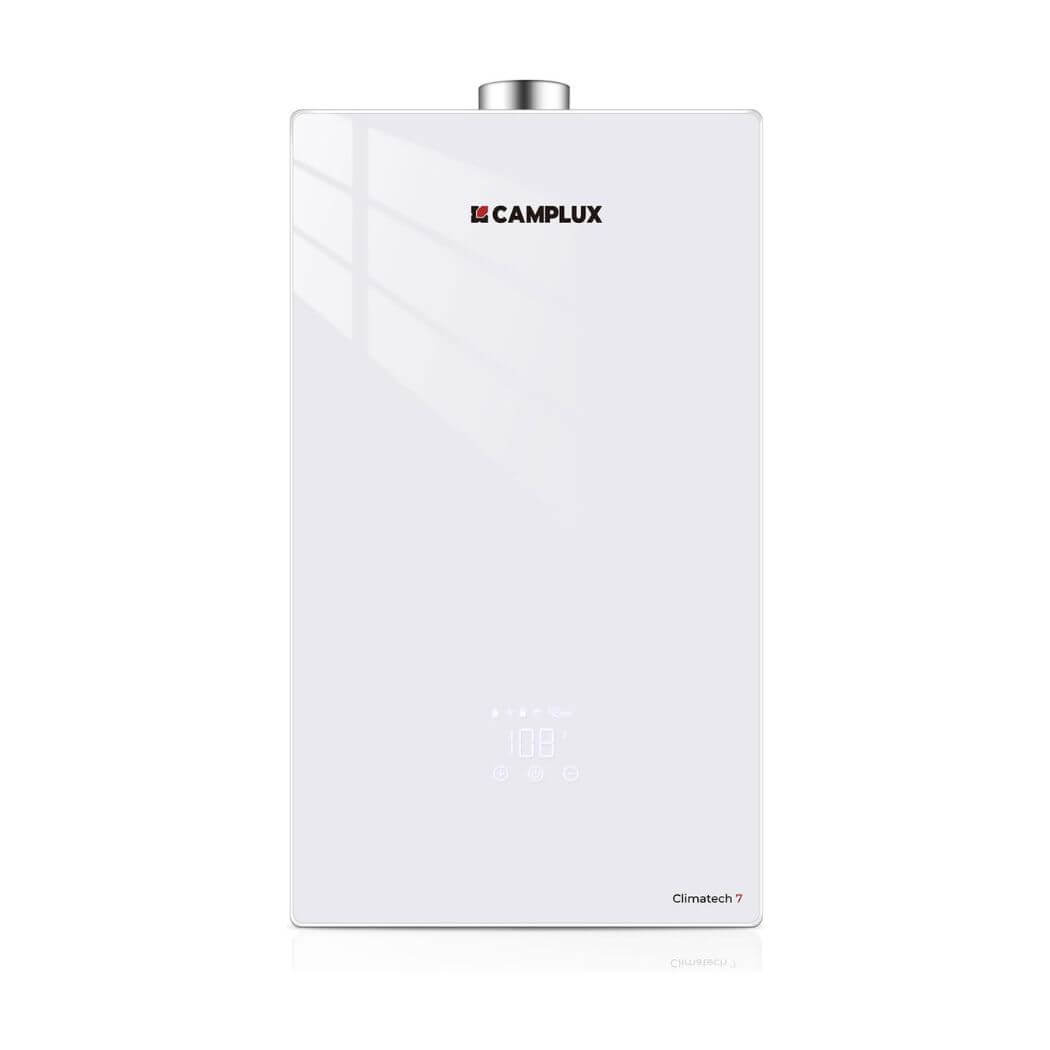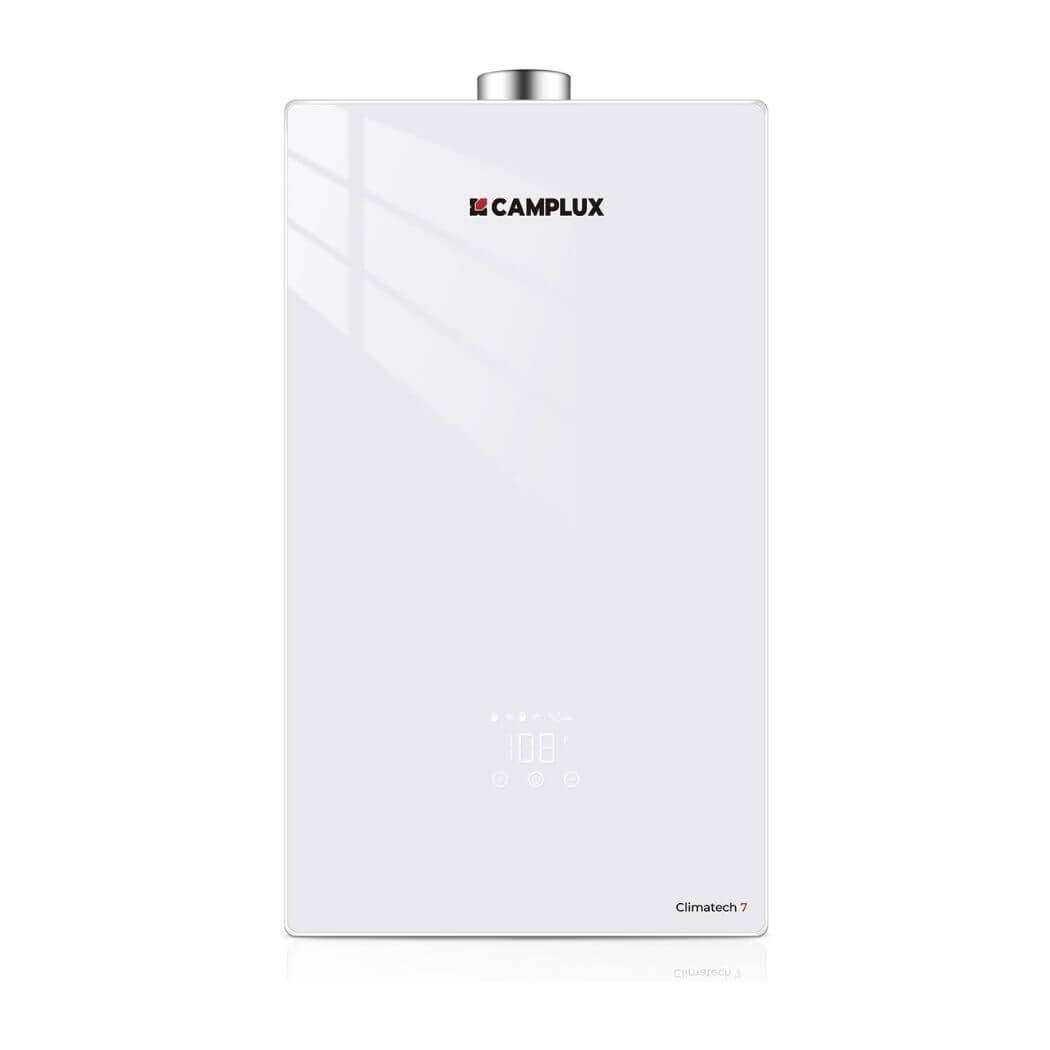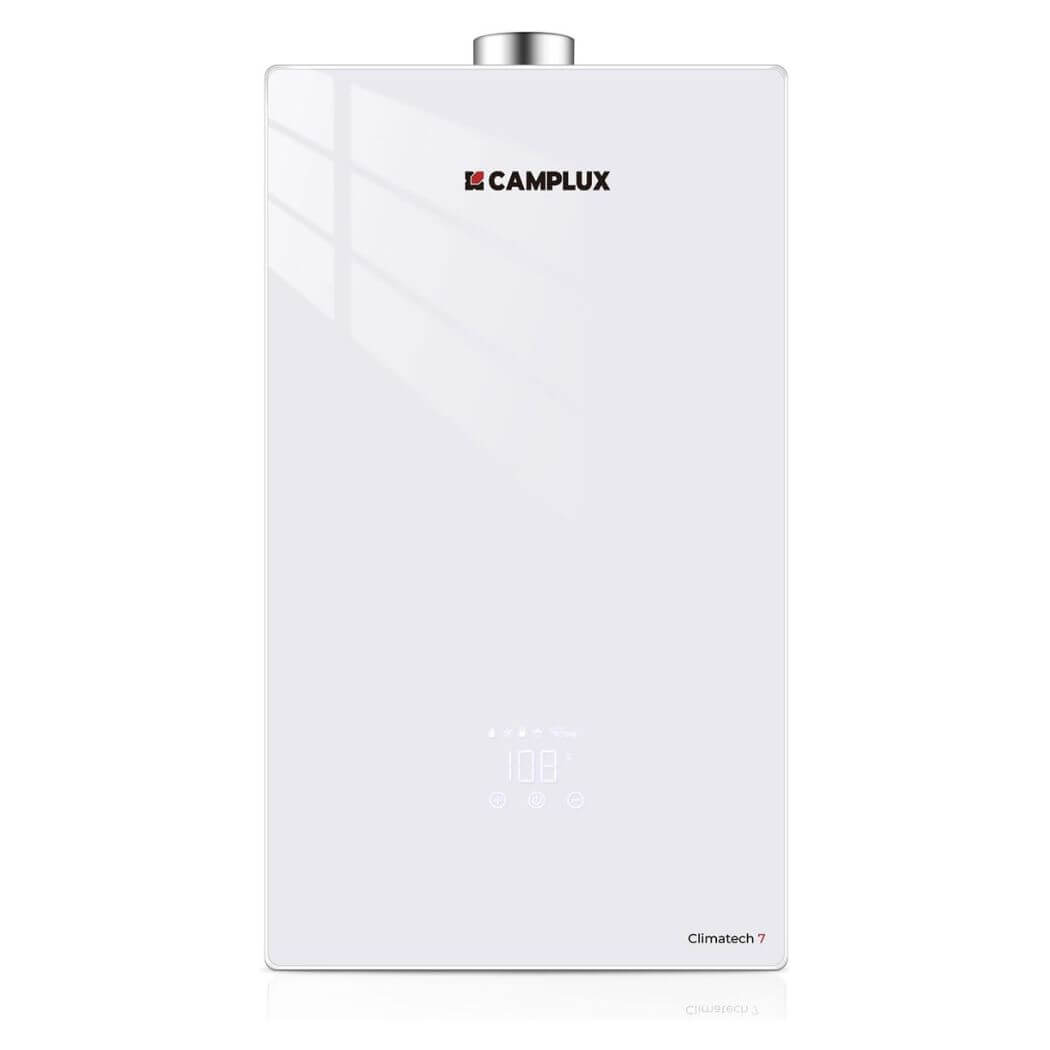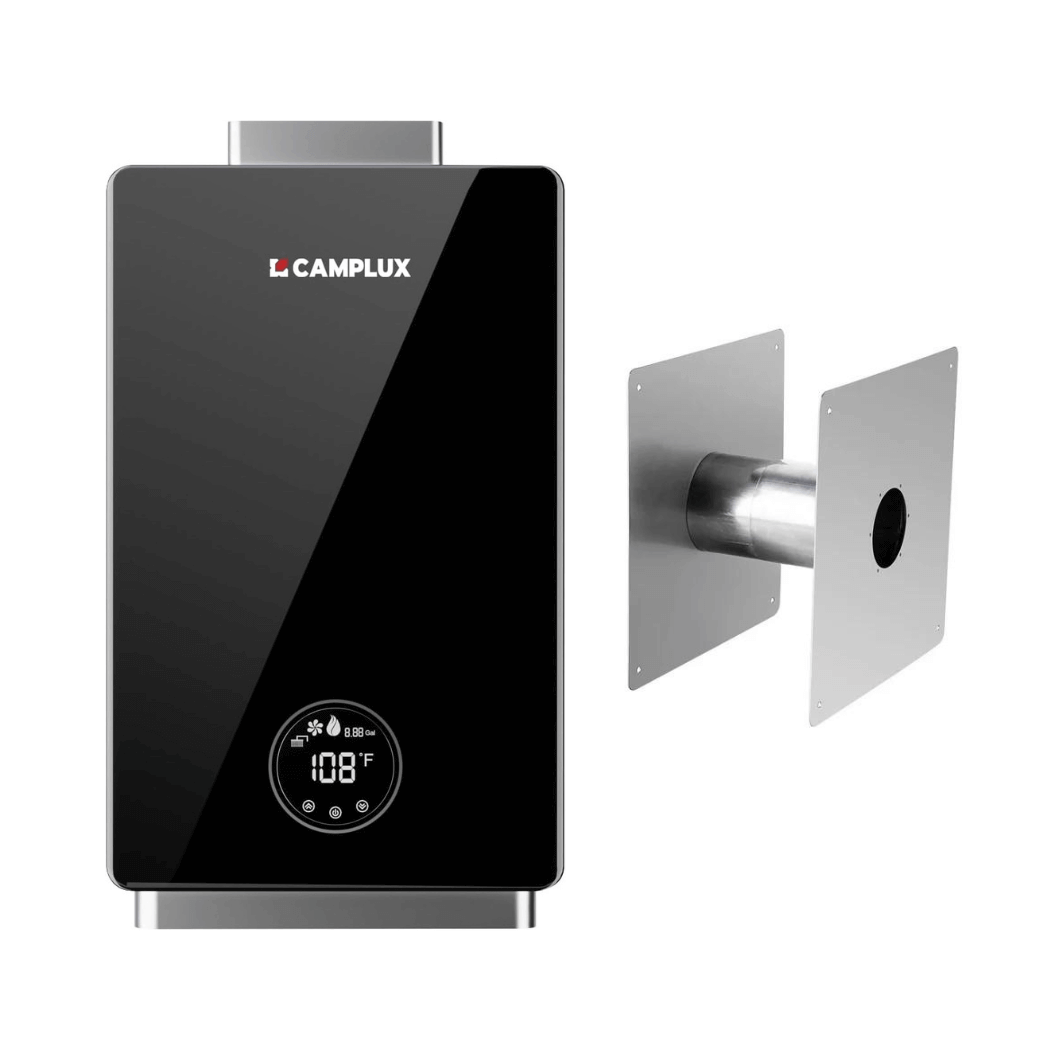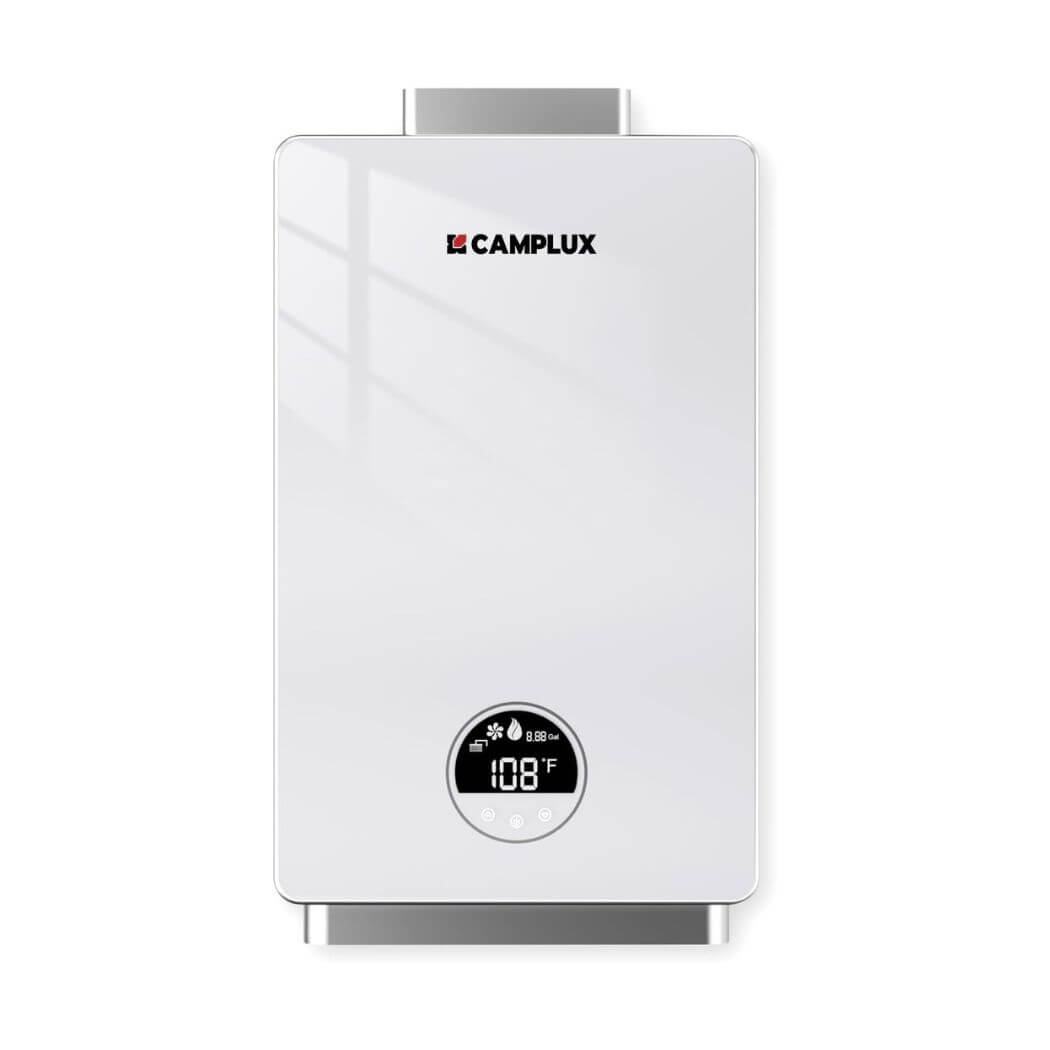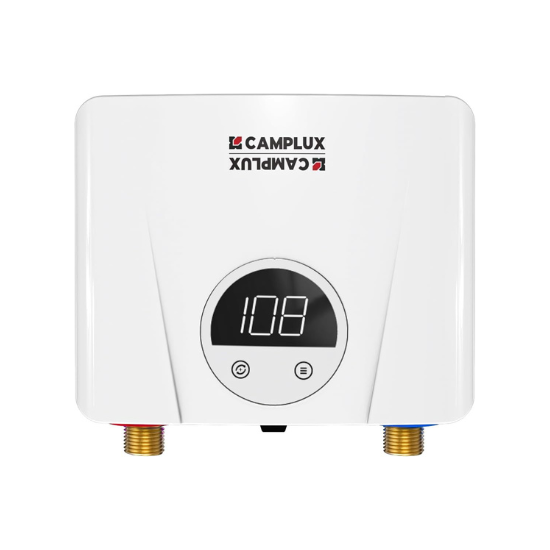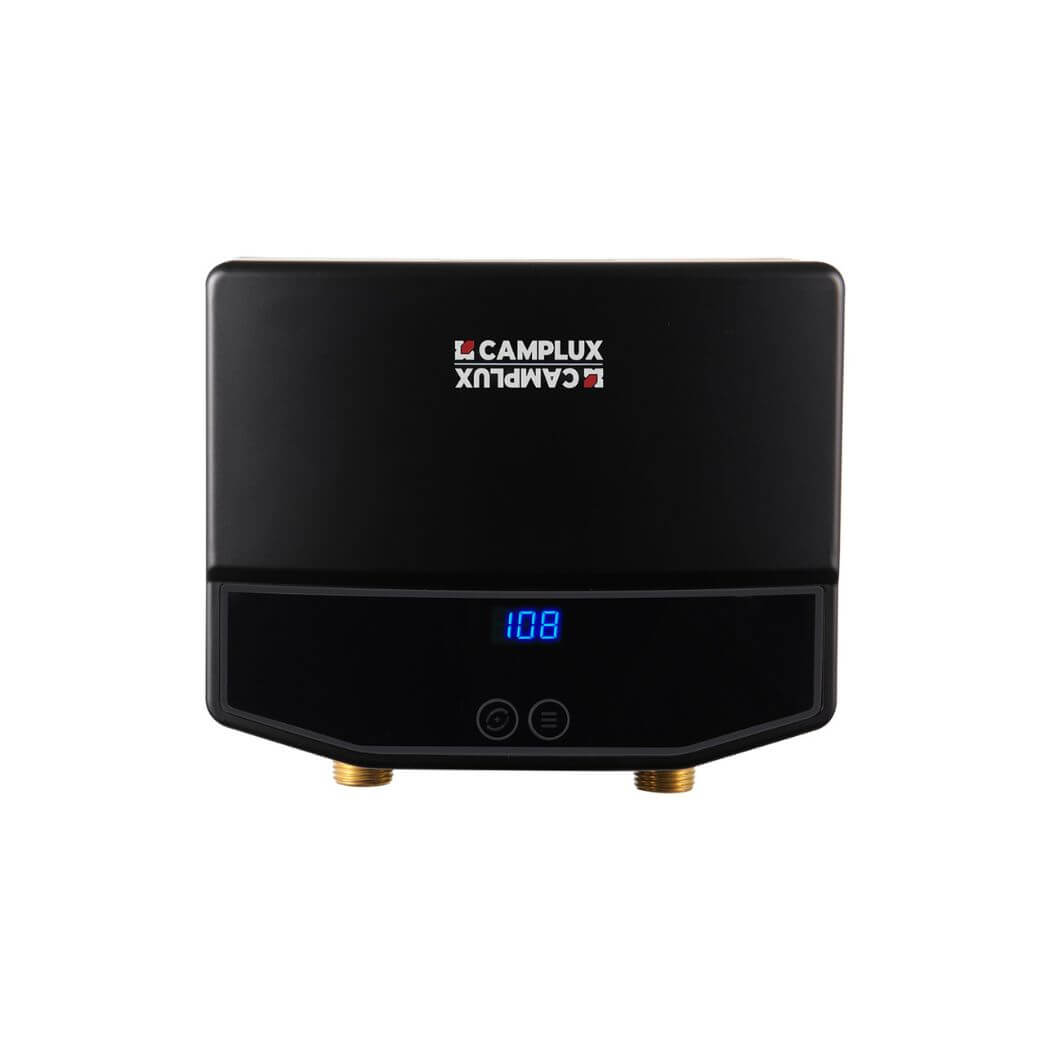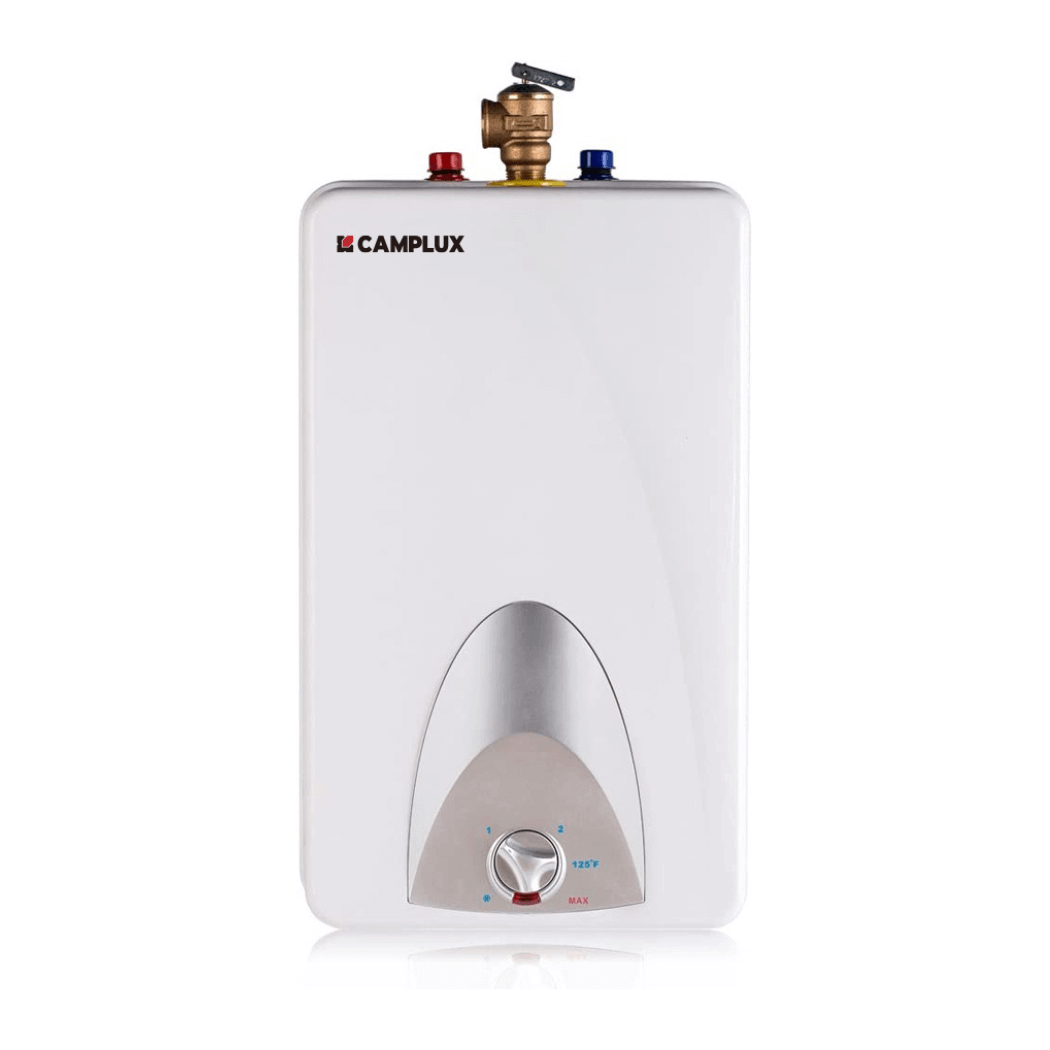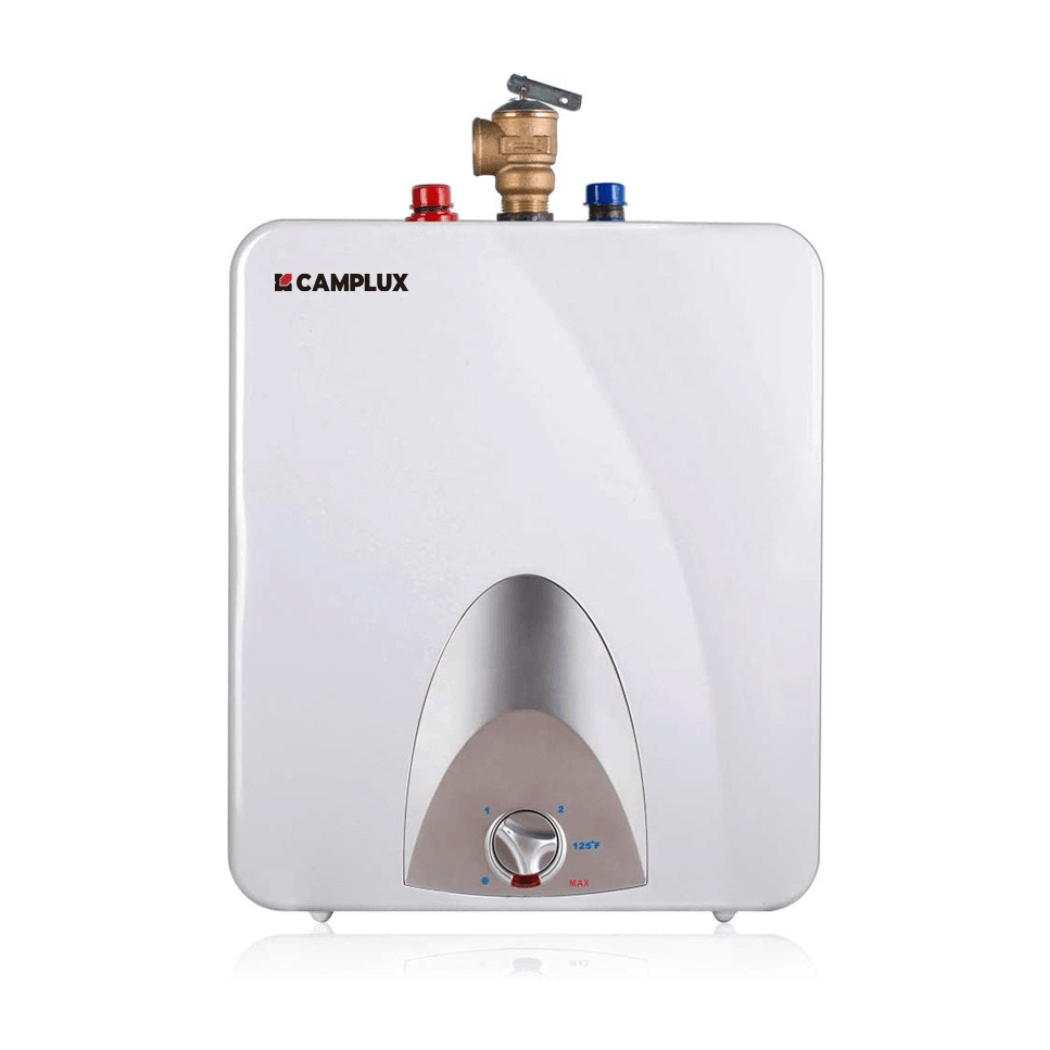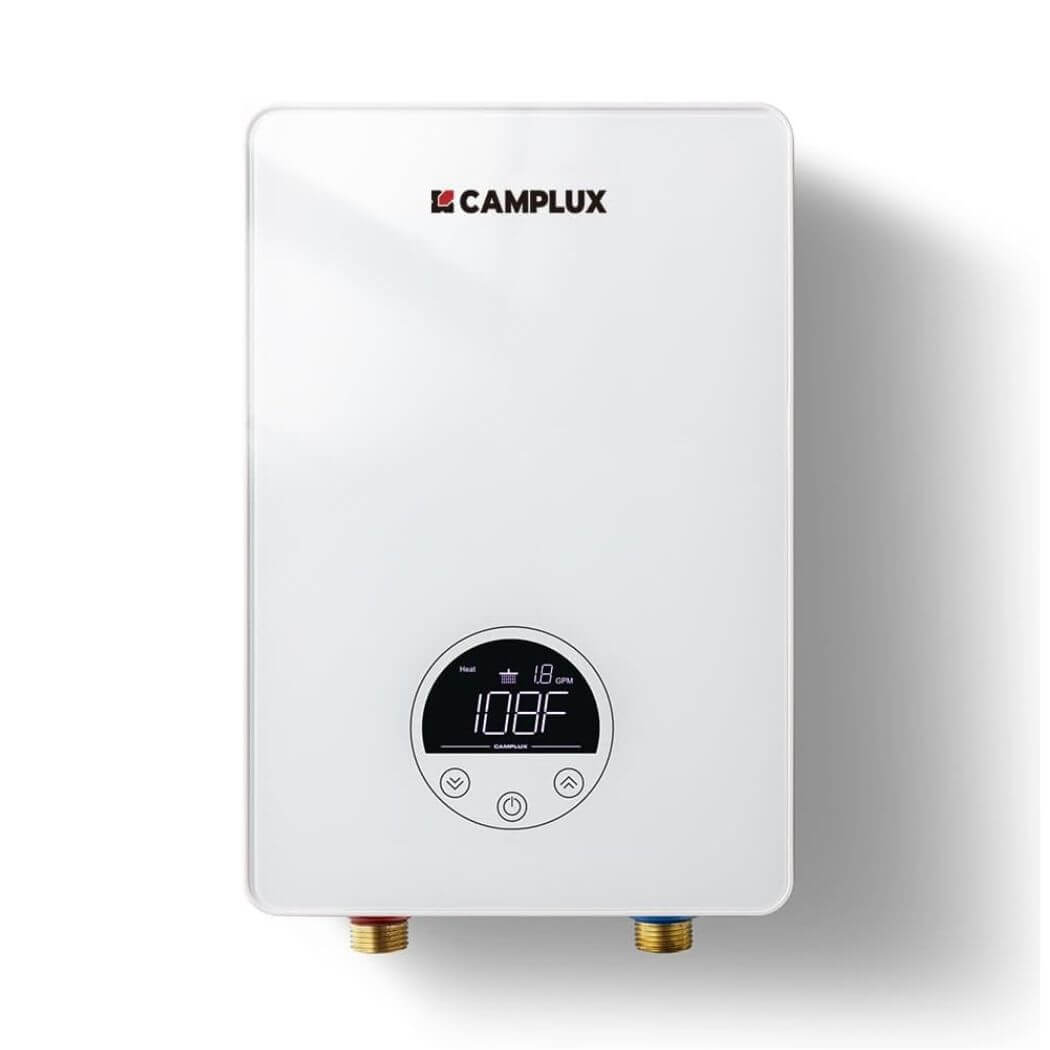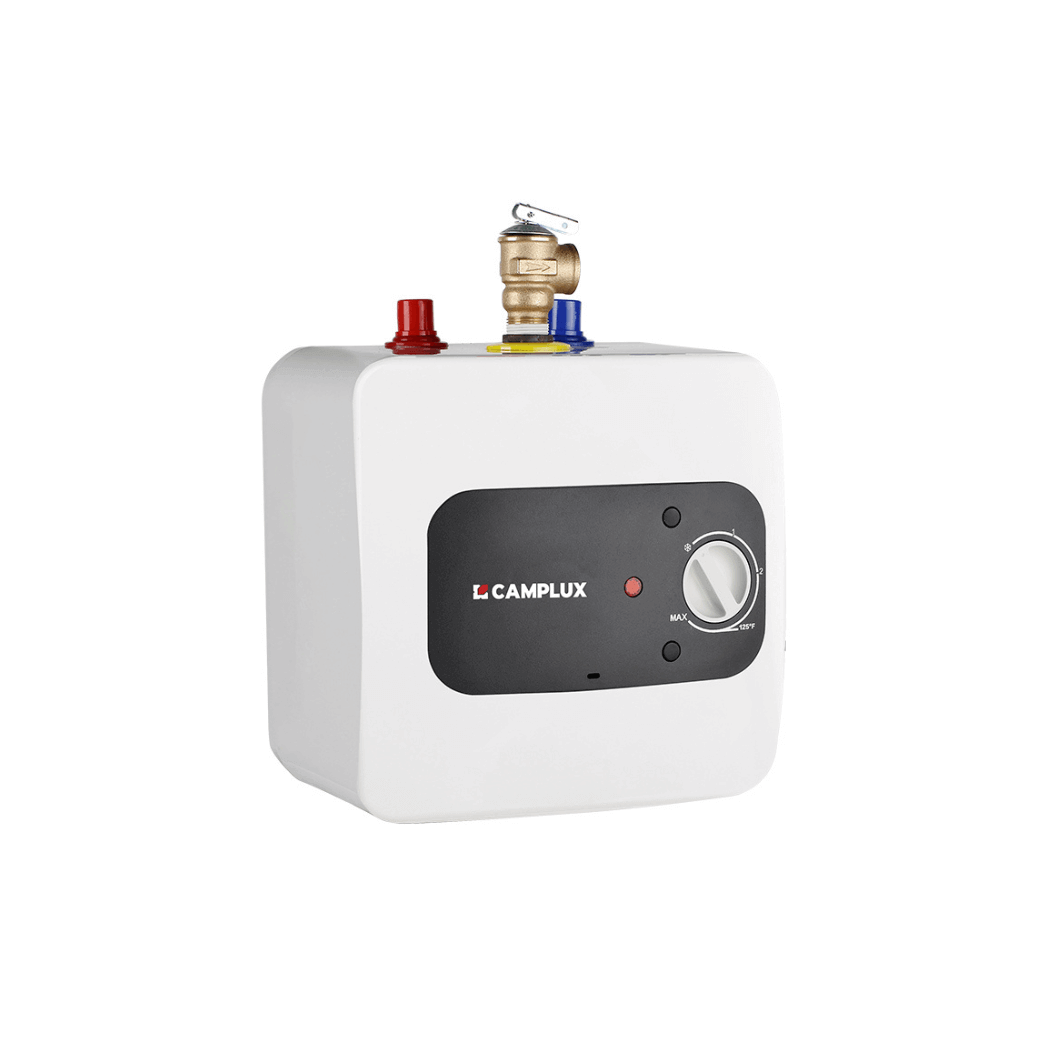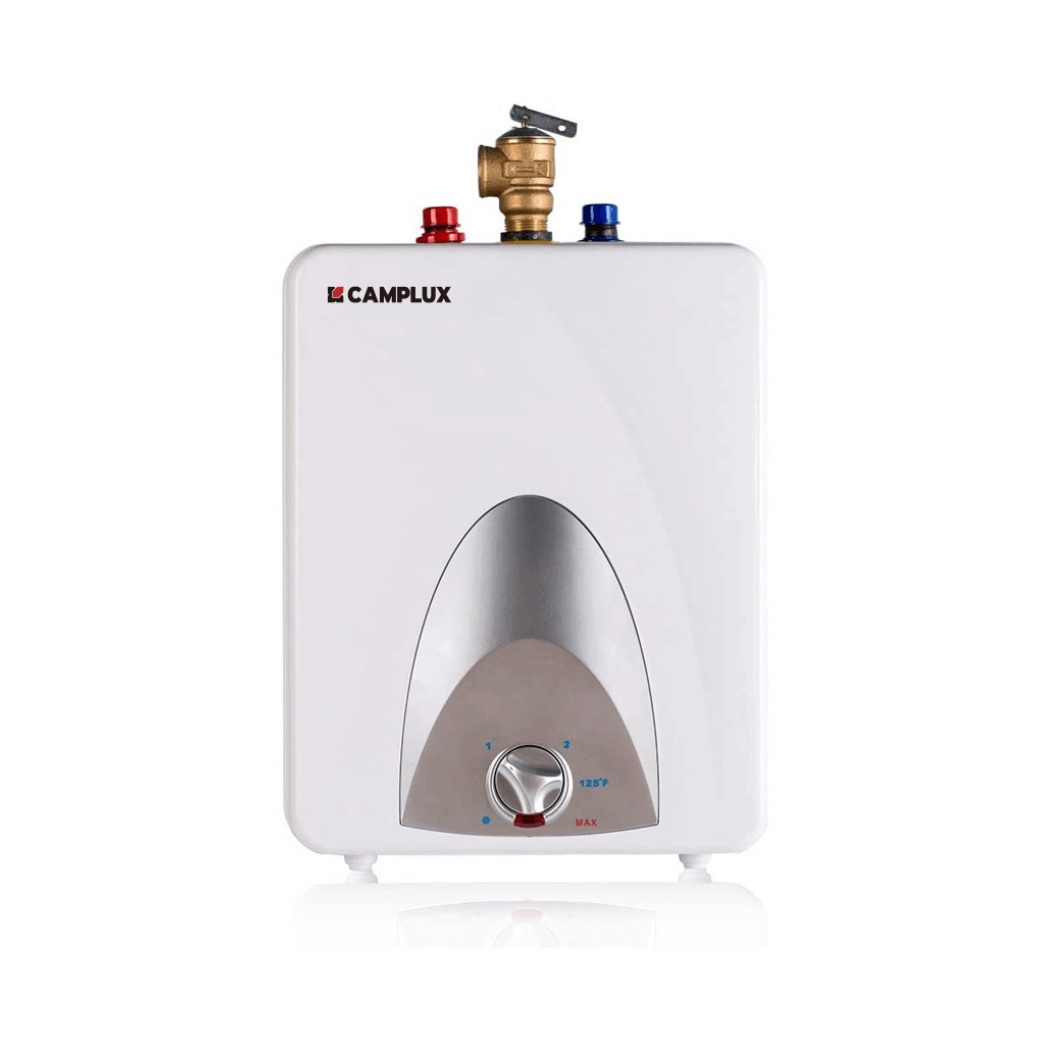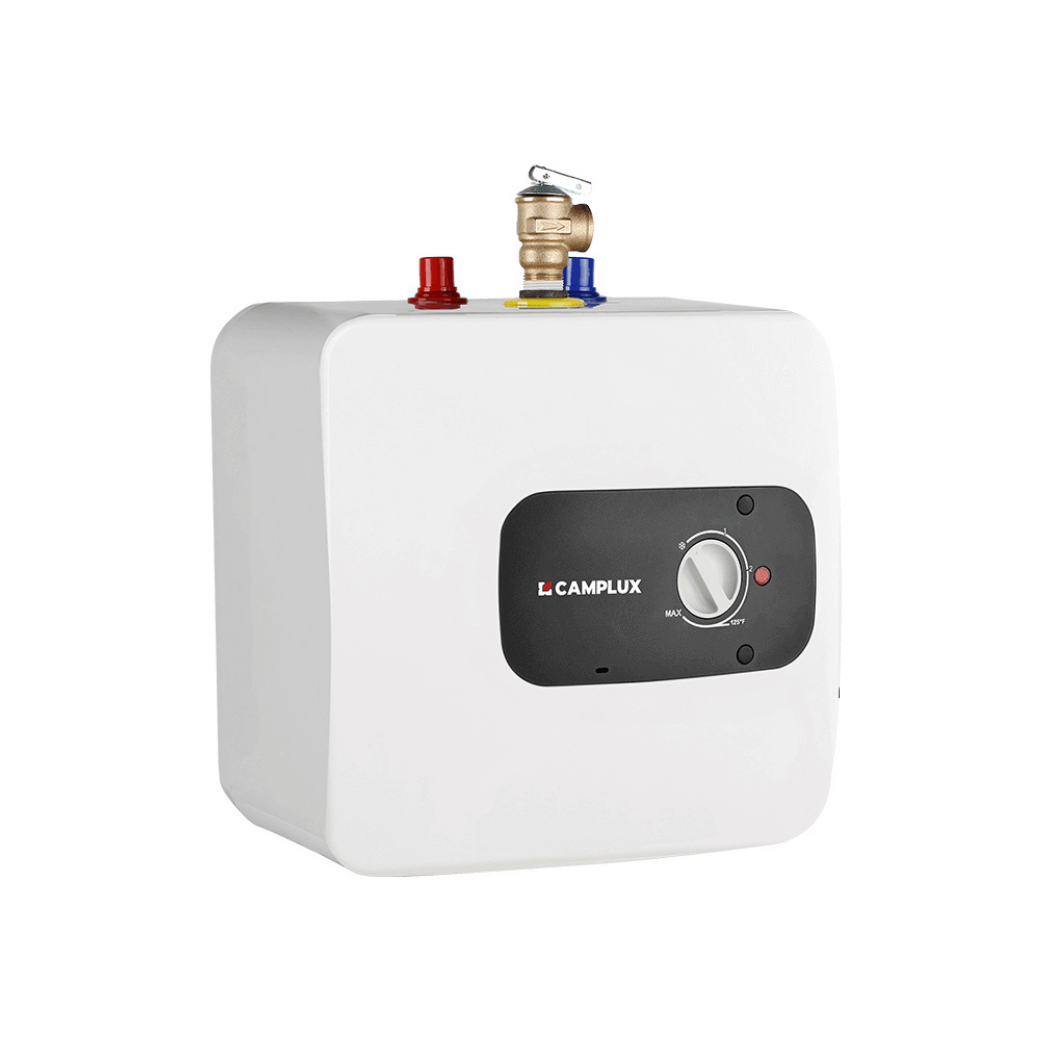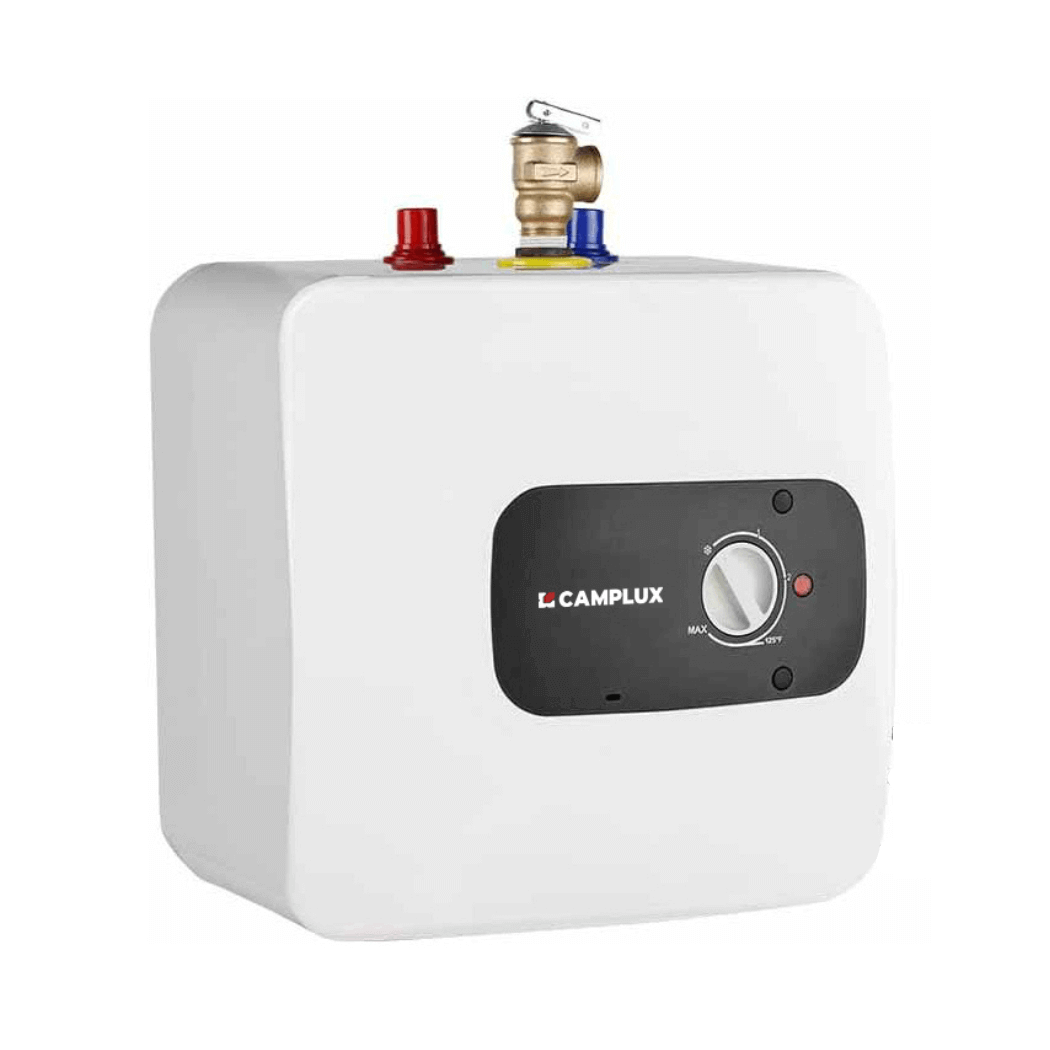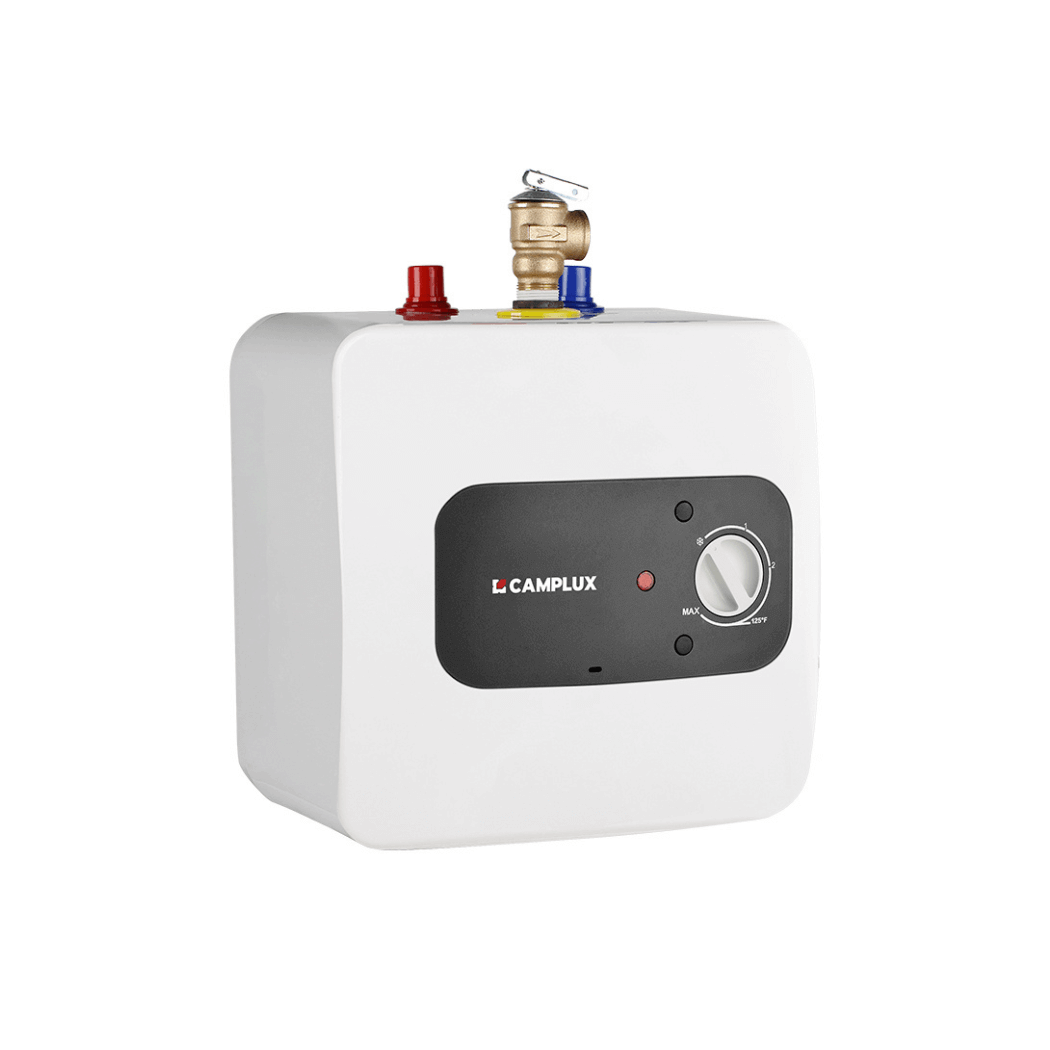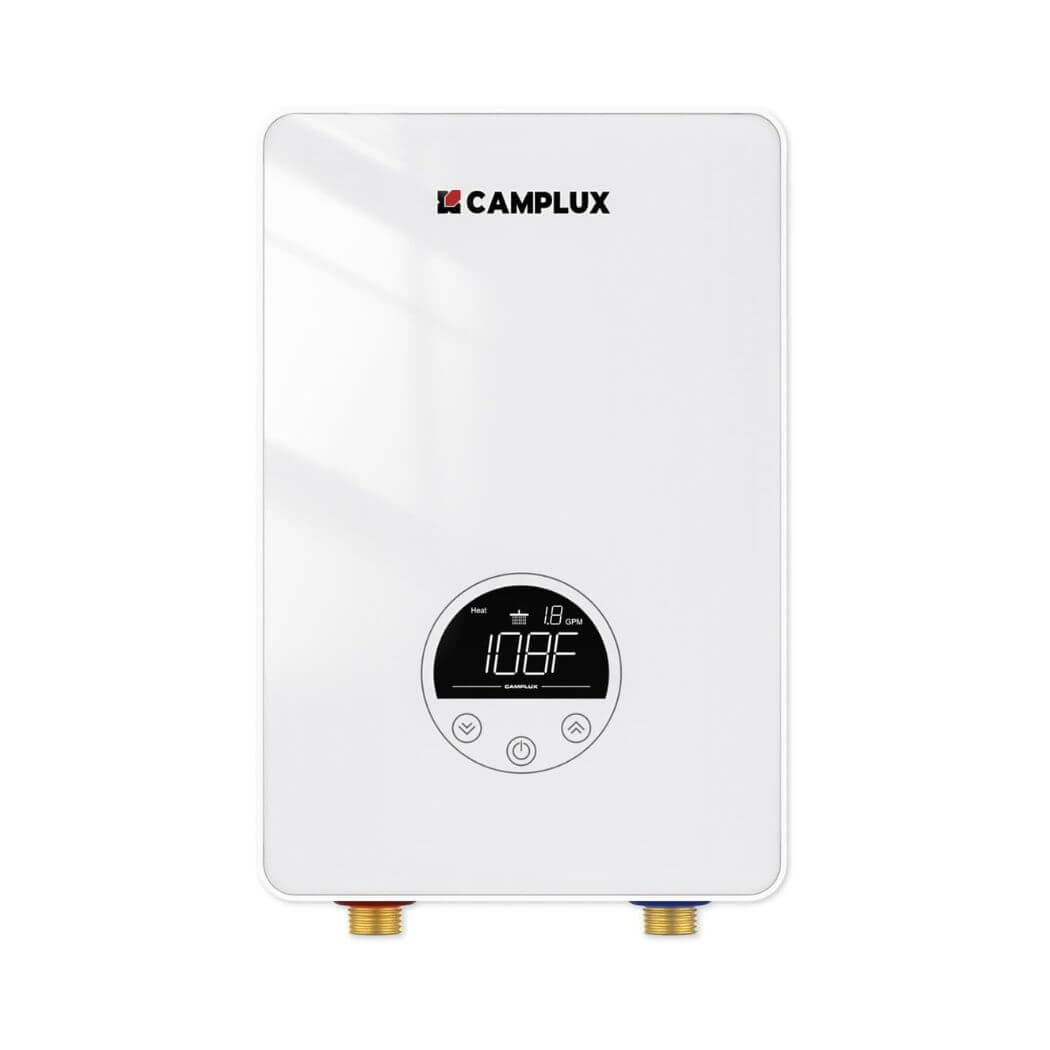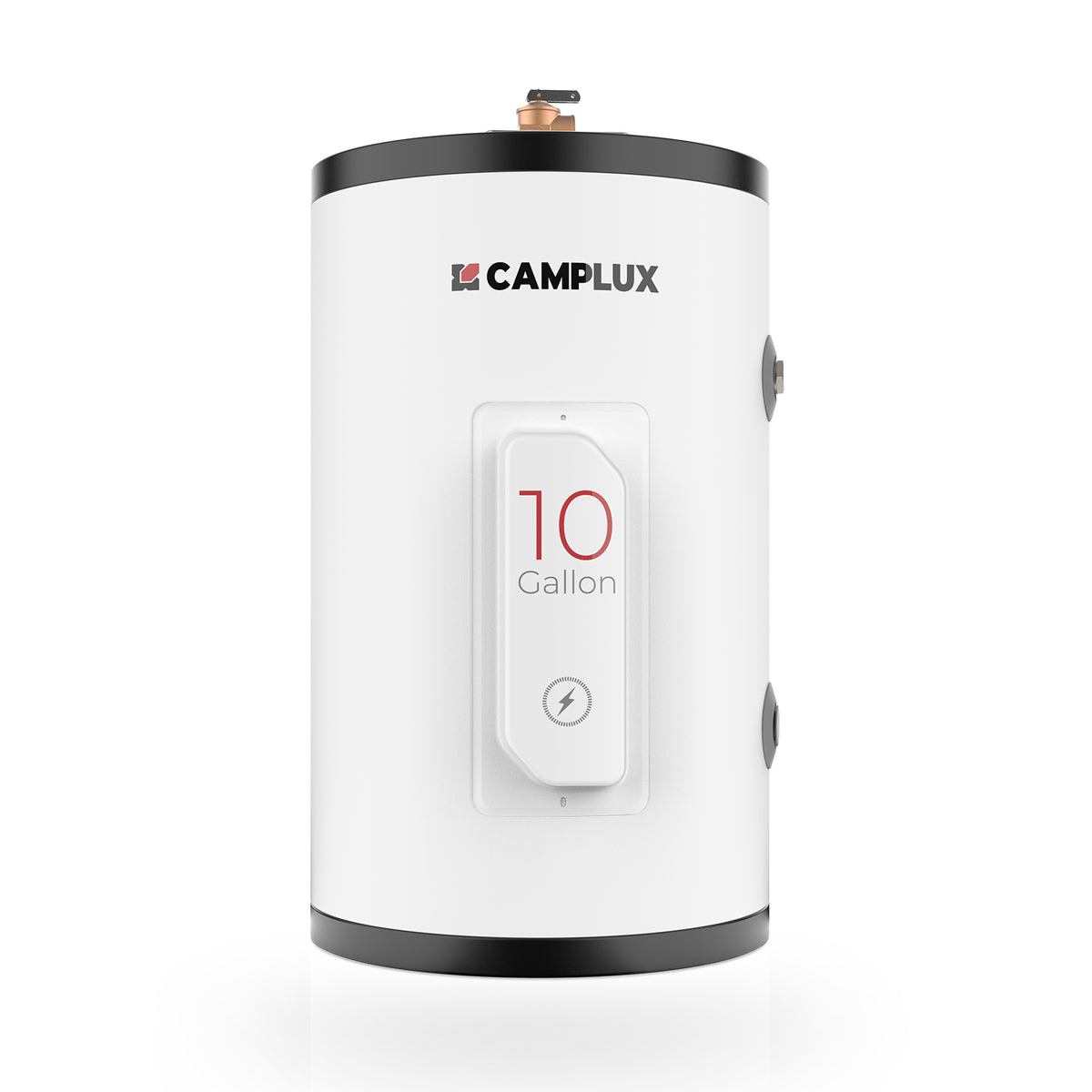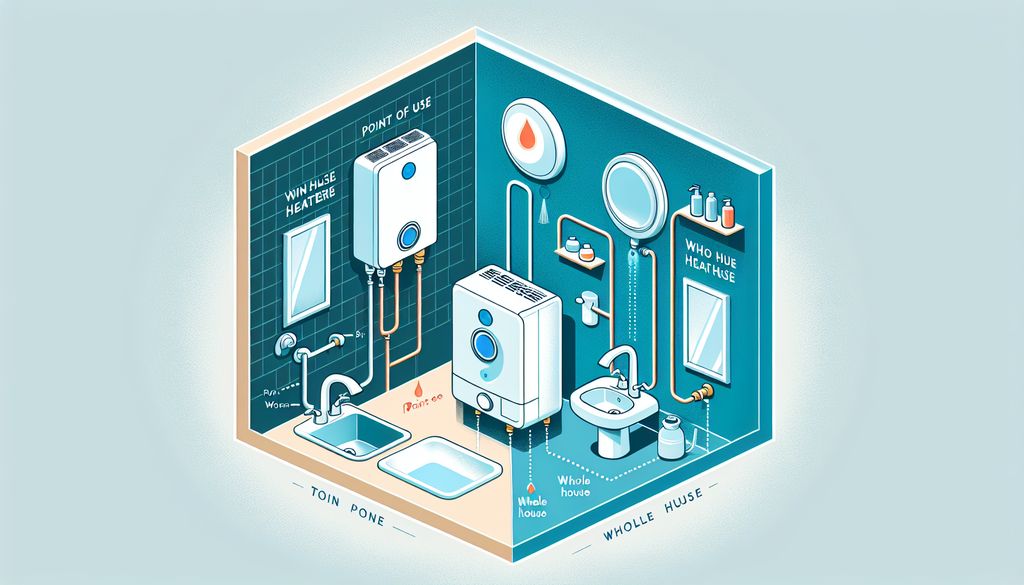Tankless water heaters have become a popular choice for homeowners looking to upgrade their water heating systems. Unlike traditional tank water heaters, tankless water heaters heat water on demand, providing a range of benefits. However, there are also some drawbacks to consider. In this article, we will explore the advantages and disadvantages of investing in a tankless water heater.
Key Takeaways
- Tankless water heaters are highly energy efficient, helping to reduce utility bills.
- With a tankless water heater, you will never run out of hot water as it provides endless hot water.
- Tankless water heaters are compact and space-saving, making them ideal for small homes or apartments.
- Tankless water heaters have a longer lifespan compared to traditional tank water heaters.
- Although tankless water heaters have many advantages, they also come with a higher initial cost.
Advantages of Tankless Water Heaters

Energy Efficiency
Tankless water heaters are known for their energy efficiency . Unlike traditional water heaters that constantly heat and store water, tankless water heaters only heat water when it is needed. This means that they consume less energy and can result in significant cost savings over time. Additionally, tankless water heaters are a great option for recreational vehicle owners who want to have hot water on the go .
Endless Hot Water
One of the major advantages of tankless water heaters is the ability to provide endless hot water . Unlike traditional water heaters that store a limited amount of hot water in a tank, tankless water heaters heat the water as it passes through the unit, ensuring a continuous supply of hot water. This is especially beneficial for households with high hot water demand or for those who enjoy long showers or multiple hot water activities at the same time.
Space Saving
One of the major advantages of tankless water heaters is their compact size, which allows for significant space savings. Unlike traditional water heaters that require a large storage tank, tankless water heaters are small and can be installed in tight spaces such as closets or utility rooms. This makes them ideal for homes with limited space or for those who want to maximize their usable space. Additionally, the compact size of tankless water heaters also makes them easier to transport and install.
Long Lifespan
Tankless water heaters have a long lifespan , often lasting more than 20 years. This is significantly longer than traditional tank water heaters, which typically last around 10-15 years. The durability of tankless water heaters is due to their advanced technology and high-quality components. With proper maintenance and regular servicing, tankless water heaters can provide reliable hot water for many years.
Disadvantages of Tankless Water Heaters

Higher Initial Cost
One of the main drawbacks of tankless water heaters is the higher initial cost compared to traditional tank water heaters. Tankless water heaters require a larger upfront investment due to their advanced technology and energy-efficient features. However, it's important to consider the long-term savings and benefits that come with a tankless water heater. With lower energy consumption and longer lifespan, the higher initial cost can be offset over time.
Limited Flow Rate
One of the main drawbacks of tankless water heaters is their limited flow rate. While they provide endless hot water , the rate at which the water is delivered may not be sufficient for certain high-demand situations. For example, if multiple showers are being used simultaneously or if you have a large bathtub that requires a high flow rate, a tankless water heater may struggle to keep up. It's important to consider your household's hot water needs and determine if the flow rate of a tankless water heater is sufficient for your usage. If you have a high-demand household , you may need to install multiple tankless water heaters or consider alternative options.
Complex Installation
Tankless water heaters require a more complex installation process compared to traditional water heaters. The installation process involves several steps, including assessing the electrical and plumbing requirements, determining the appropriate location for the unit, and ensuring proper ventilation. Additionally, the layout of the existing plumbing system may need to be modified to accommodate the tankless water heater. This can add to the complexity and cost of the installation.
Maintenance Requirements
Tankless water heaters require regular maintenance to ensure optimal performance and longevity. One of the main maintenance tasks is descaling, which involves removing mineral deposits that can accumulate inside the unit over time. This is important because mineral buildup can reduce the efficiency of the heater and potentially lead to malfunctions. Additionally, it is recommended to check the unit's filters and clean them if necessary. Regular maintenance also includes inspecting the unit for any leaks or signs of damage. It is important to follow the manufacturer's guidelines for maintenance to avoid voiding the warranty and to keep the unit running smoothly.
Tankless water heaters offer many benefits, such as energy efficiency and endless hot water. However, there are also some disadvantages to consider. One disadvantage is the initial cost of installation, which can be higher than traditional water heaters. Another disadvantage is the potential for inconsistent water temperature, especially in homes with multiple hot water outlets. Additionally, tankless water heaters may require more maintenance and regular cleaning to prevent mineral buildup. Despite these disadvantages, Camplux offers top-rated tankless water heaters that are perfect for adventurers and outdoor enthusiasts. With Camplux, you can enjoy the convenience of hot water wherever you go. Visit our website to explore our range of tankless water heaters and find the perfect one for your needs.
Conclusion
In conclusion, investing in a tankless water heater has both pros and cons. On the positive side, tankless water heaters provide endless hot water , energy efficiency , and space-saving benefits . However, they also come with some drawbacks such as higher upfront costs and potential limitations on simultaneous usage . Ultimately, the decision to invest in a tankless water heater depends on individual needs and preferences. It is important to carefully consider the pros and cons before making a decision. Overall, tankless water heaters offer a convenient and efficient solution for providing hot water in homes and businesses.
Frequently Asked Questions
How energy efficient are tankless water heaters?
Tankless water heaters are highly energy efficient as they only heat water when it is needed. This eliminates the standby energy loss that occurs with traditional tank water heaters.
Do tankless water heaters provide endless hot water?
Yes, tankless water heaters can provide endless hot water as they heat water on demand. However, the flow rate may be limited if multiple hot water sources are used simultaneously.
Are tankless water heaters space-saving?
Yes, tankless water heaters are space-saving as they are compact and can be installed on walls, freeing up floor space that would be occupied by a traditional water heater tank.
What is the lifespan of a tankless water heater?
Tankless water heaters have a longer lifespan compared to traditional tank water heaters. With proper maintenance, they can last up to 20 years or more.
Are tankless water heaters more expensive to install?
Yes, tankless water heaters have a higher initial cost compared to traditional tank water heaters. The installation process may also be more complex, requiring professional assistance.
Do tankless water heaters have a limited flow rate?
Yes, tankless water heaters have a limited flow rate. The flow rate depends on the unit's capacity and the number of hot water sources being used simultaneously.


